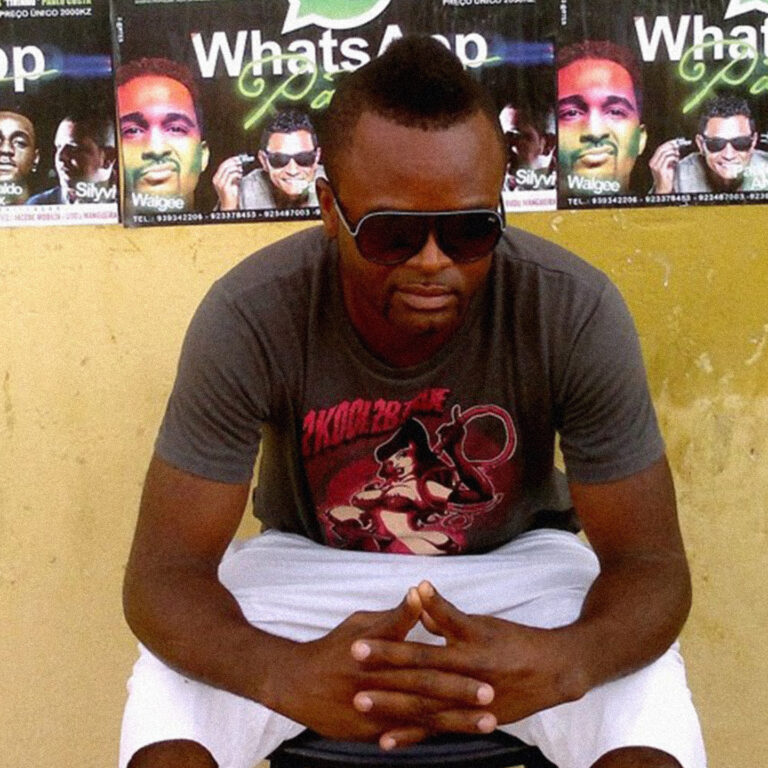
While genres like house and techno are the inventions of Black, Latinx and queer folks, owing much of their early development to these communities, mainstream music journalism, this platform included, perpetuated a different story. Black artists were frequently omitted from the popular narrative developing around electronic music, while white artists and their adaptations of house and techno were disproportionately covered, booked and supported. Prominent subgenres like grime, bashment and ballroom were similarly under reported by key electronic music outlets, influencing readers’ listening habits and leaving an incomplete record of how the genre has branched out and bloomed. This solidified the public’s idea, across multiple generations, of electronic music as a white cultural phenomenon, despite the Black origins of some of its essential genres, evolutions and innovations.
“I think more often than not the reason this history hasn’t been properly written is that it hasn’t been written by us, it’s not been written by Black people. I believe the only way to have our freedom is by writing our own history,” Fabumni-Stone explains, citing the Black Panther Party’s Ten-Point Program as a significant influence on his decision to have the list wholly curated and authored by Black writers. “White aligning versions of core electronic music genres have been celebrated rather than the originators. So the real impetus for this is rewriting the narrative of what dance music has been to Black people between 2001 and 2020.”
Re-record is a project made to highlight Black artists who’ve had an impact on electronic music’s development, by releasing or performing their own music during this period, in a way its authors feel demands greater recognition on platforms like RA. Staff members, regular contributors and journalists with niche genre or regional knowledge submitted candidates and voted in a shared spreadsheet. The artists that received the highest number of votes were then filtered down based on how comprehensively they’d been featured in the past. Of the final list, 76 artists earned their place democratically, and the remaining 44 were picked from the initial nominations on a case-by-case basis, with the ensuing write-ups capped at 200 words.
When the list was well on its way, one contributor got on the phone with us to address a few concerns about the project, one of which was feeling it should exist purely behind the scenes, driving RA’s editorial strategy over the coming years. In a way, this is the plan. The list of artists, including those who didn’t appear in the final list, will be archived, shared with our news, reviews and features writers and editors. Podcasts features and exchanges with artists from the list itself are already in the works. If you have a great story about one of these artists or feel someone was missing, you can find more information on where and how to pitch the publication here.
In the meantime, this list is a more immediate recommendation. Take it as your cue to comb through the back catalogues of old favourites, a digging tool for your Bandcamp day cart and a celebration of electronic music’s extensive Black legacy.
This is the final drop of the four-part project, which has been published on a weekly basis for the past month. The order of the list does not in any way denote a ranking system.
Contributors include Andrew Mensah, Kiana Mickles, Riri Hylton, Emeka Okonkwo, Marcus Barnes, Kampire Bahana, Theo Fabunmi-Stone, Errol Anderson, Mariana Bonaventura, Rafa Andrade, Shiba Melissa Mazaza, Crystal Mioner, Ebeneezer Boakye-O’Houlihan, Richard Akingbehin and Tajh Morris. Edited by Maya-Róisín Slater, Will Lynch, Aaron Coultate and Theo Fabunmi-Stone. Visual identity by Jono Canning. Special thanks to Whitney Ajayi.
“Before there was soul, hip hop, electro, house, techno, old school style there was the sound of tribal beats coming from the area widely known for the first life on this planet, the first man on earth also walked here.” – Liner notes, Black Secret Technology (1995)
PART 4
-
-
-
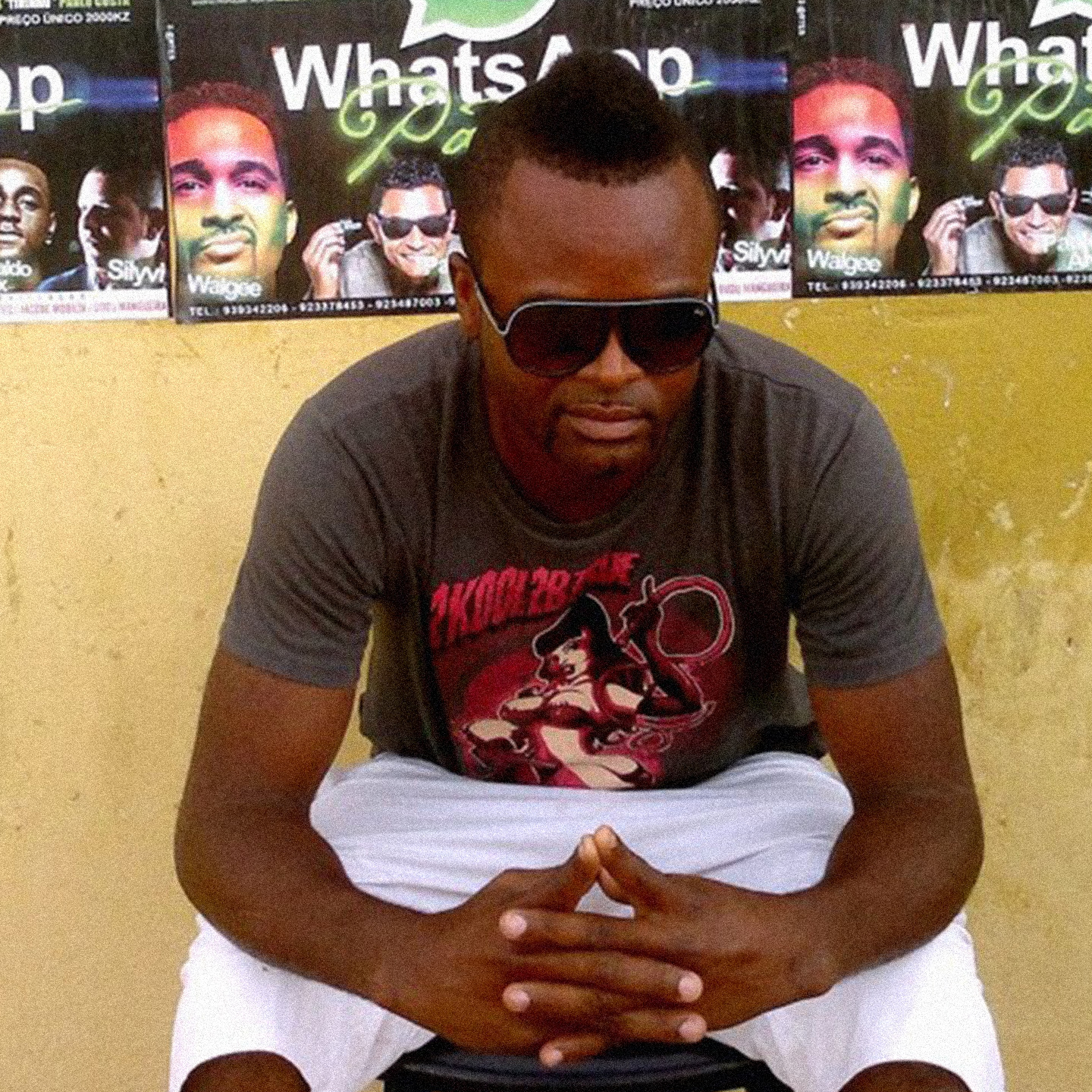
-
SOUNDCLOUD · SPOTIFY · APPLE MUSIC
A kuduro originator since the early 2000s, DJ Znobia remains an elusive figure outside his home country of Angola. Kuduro, a sound that originated in Angola in the ’90s, entered international consciousness with “Sound Of Kuduro,” a track on MIA’s album Kala featuring Buraka Som Sistema and DJ Znobia. The track upended what people thought they knew about African electronic music. Before the rest of the world heard of him, Znobia had long been revolutionizing the lusophone club sound from his home in Luanda.
Despite not having many official label releases, Znobia’s influence is outsized across the lusophone world and beyond, cited as an inspiration for international stars like M.I.A and DJ Marfox. Branko credits him for taking Kuduro to the next level, and Boima Tucker once described him as “a Lee ‘Scratch’ Perry-esque experimenter, innovator, and genius of the scene.”
Kampire Bahana
-
-
-
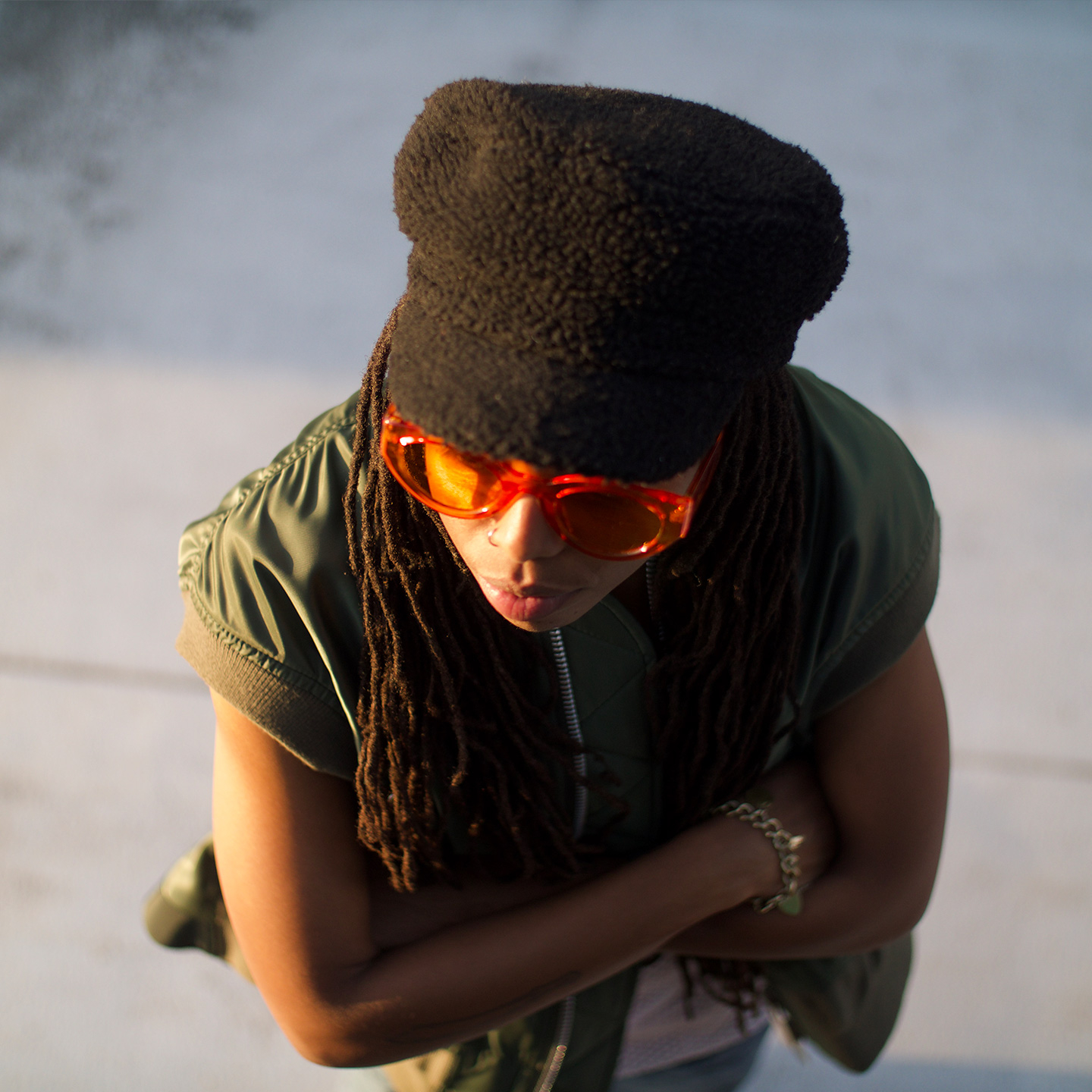
-
BANDCAMP · SPOTIFY · APPLE MUSIC
Shy One’s achievements as a producer and resident DJ at Touching Bass easily earn her a place on this list, but it’s the culmination of her hard work and skills honed over the last 16 years that’s earned her her well-deserved praise. Shy’s long-running Balamii show (a 2020 DJ Mag chart nominee) serves an eclectic blend of jazz, house, grime, hip-hop and broken beat, all with a soulful overtone. Her productions continue to evolve, all somehow sharing a common thread that is undoubtedly Shy One’s sound. “The Th1ng,” on Yaeji’s, What We Drew (XL Recordings), is produced for the dance, with bassy Chicago style house claps and otherworldly effects. Spoons, her 2018 Astral Black collaboration with Kwams, is a six-track EP showcasing her jazz influences and supremely inventive grime productions. She closed the year in high demand with tracks on Rhythm Section, Josey Rebelle’s Beats In Space compilation, remixes for Oscar Jerome, Sirens Of Lesbo and Bella Boo on Studio Barnhus. Although coming from a strong lineage of music heads, she’s intent on making her own mark. With her ever-expanding home studio, 2021 is sure to be a treat for Shy One fans.
Theo Fabunmi-Stone
-
-
-
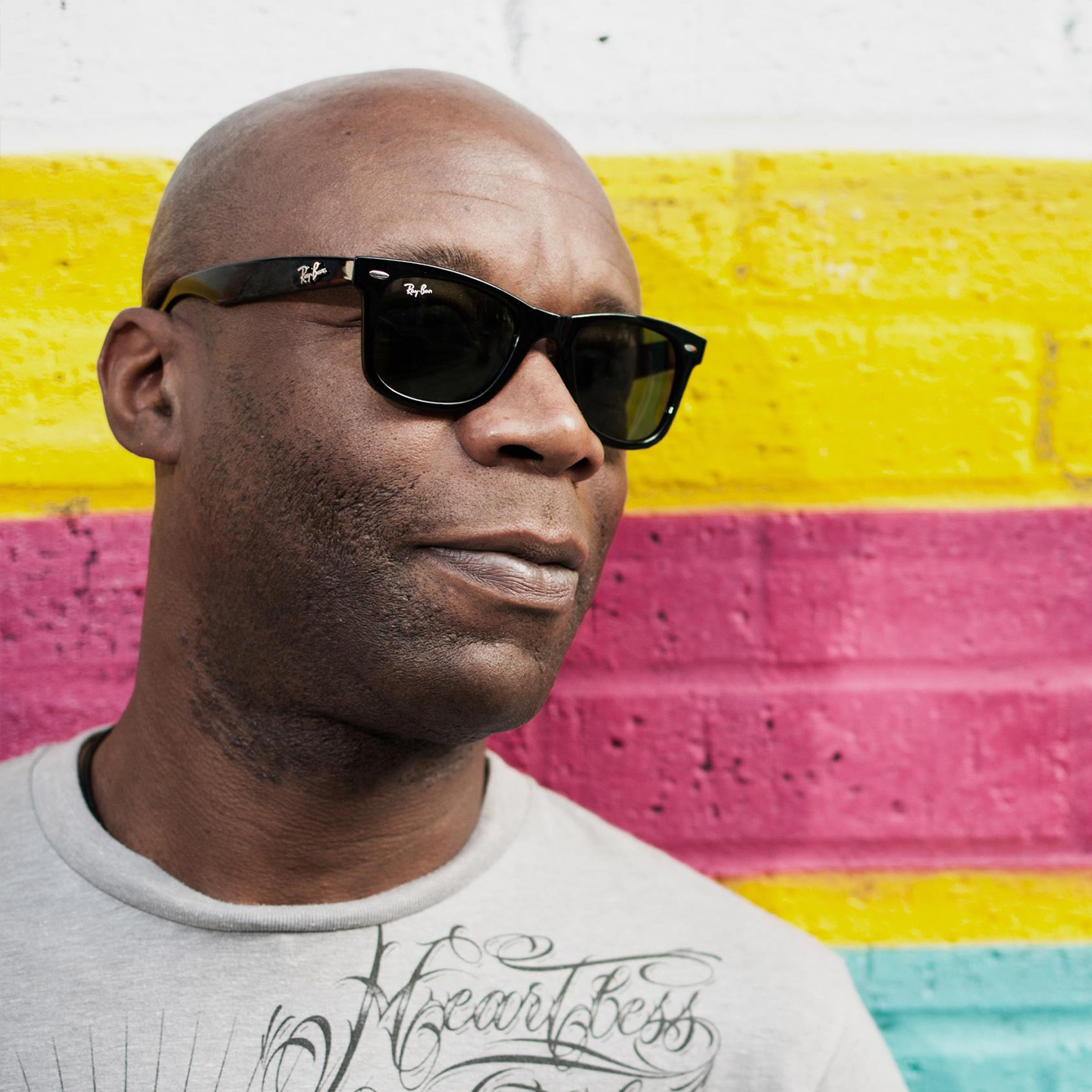
-
SOUNDCLOUD · SPOTIFY · APPLE MUSIC
Any blurb about Colin Dale’s career is bound to exclude many seminal moments, such is the extent of his achievements in almost four decades behind the decks. In 1982, Dale started warming up for Tim Westwood in central London clubs like Heaven. He cut his teeth playing soul, funk and boogie in clubs and on pirate radio station Phase One, until landing a slot on Kiss FM in 1986. Over the next 16 years, Dale became London’s answer to The Wizard, with his Abstrakt Dance show (and related Outer Limits mix CDs) introducing a whole generation to the cutting-edge sounds of Detroit, Chicago and beyond.
Dale is a visionary DJ, one of the first to explore the links between funk, boogie and proto-house, then going through phases of industrial techno, Detroit techno, acid and the softer tech house sound he spins today. Aside from his DJing, Dale is a fixture of UK dance music, as a former dancer, promoter of legendary parties like Knowledge, artist manager and label owner. As a producer and remixer, his credits range from an early record on Paul Oakenfold’s Perfecto label, to the EPs he continues to drop on Abstrakt Dance Records today. He doesn’t rest on the success of his hallowed days, continuing his presence on the London club circuit and tirelessly pushing his sound into the future.
Richard Akingbehin
-
-
-
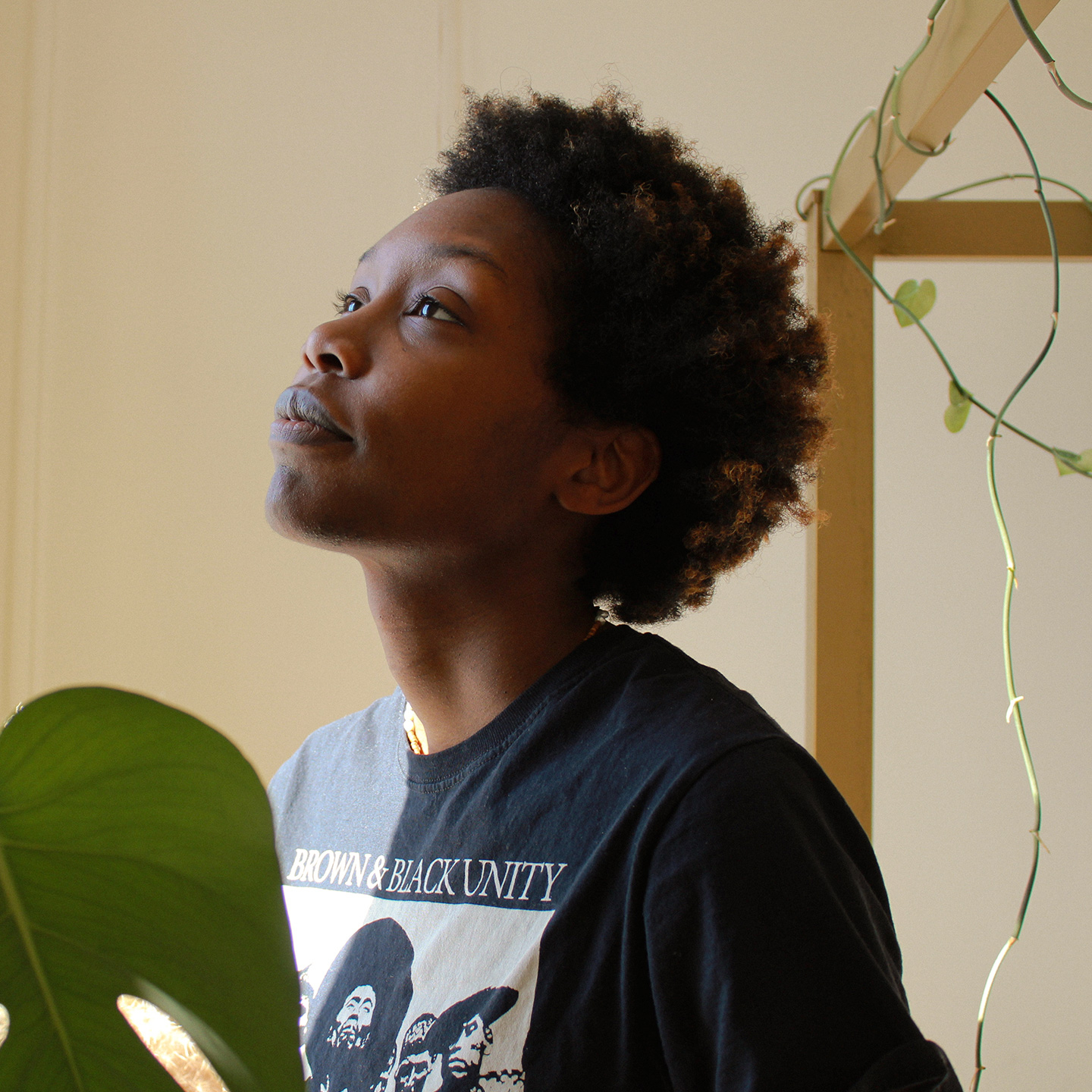
-
BANDCAMP · SOUNDCLOUD · APPLE MUSIC
Although there has been a recent rise of a new Black and queer vanguard in the NYC electronic music world, there have always been people holding it down for the Black community. Olive T is one of the unsung heroes of the last decade in NYC clubbing who is finally starting to get their dues. The NYC native, a rarity in the scene these days, was first introduced to house through ’90s New York radio. Stations such as the former 98.7 KissFM would play house mixes by legendary jocks like Tony Humpries. After getting turntables to play hip-hop, they quickly found themselves drawn to the sounds of dance clubs. Olive has either been a resident or frequent guest of numerous spots: Le Bain, Output, House Of Yes, Good Room, Nowadays, Trans Pecos and more. In addition to DJing, they’ve been slowly building up a catalogue of productions, with a release on Jubilee’s Magic City 3 bringing some recognition and a Soundcloud page that’s a treasure trove of unreleased material.
Tajh Morris
-
-
-
-
-
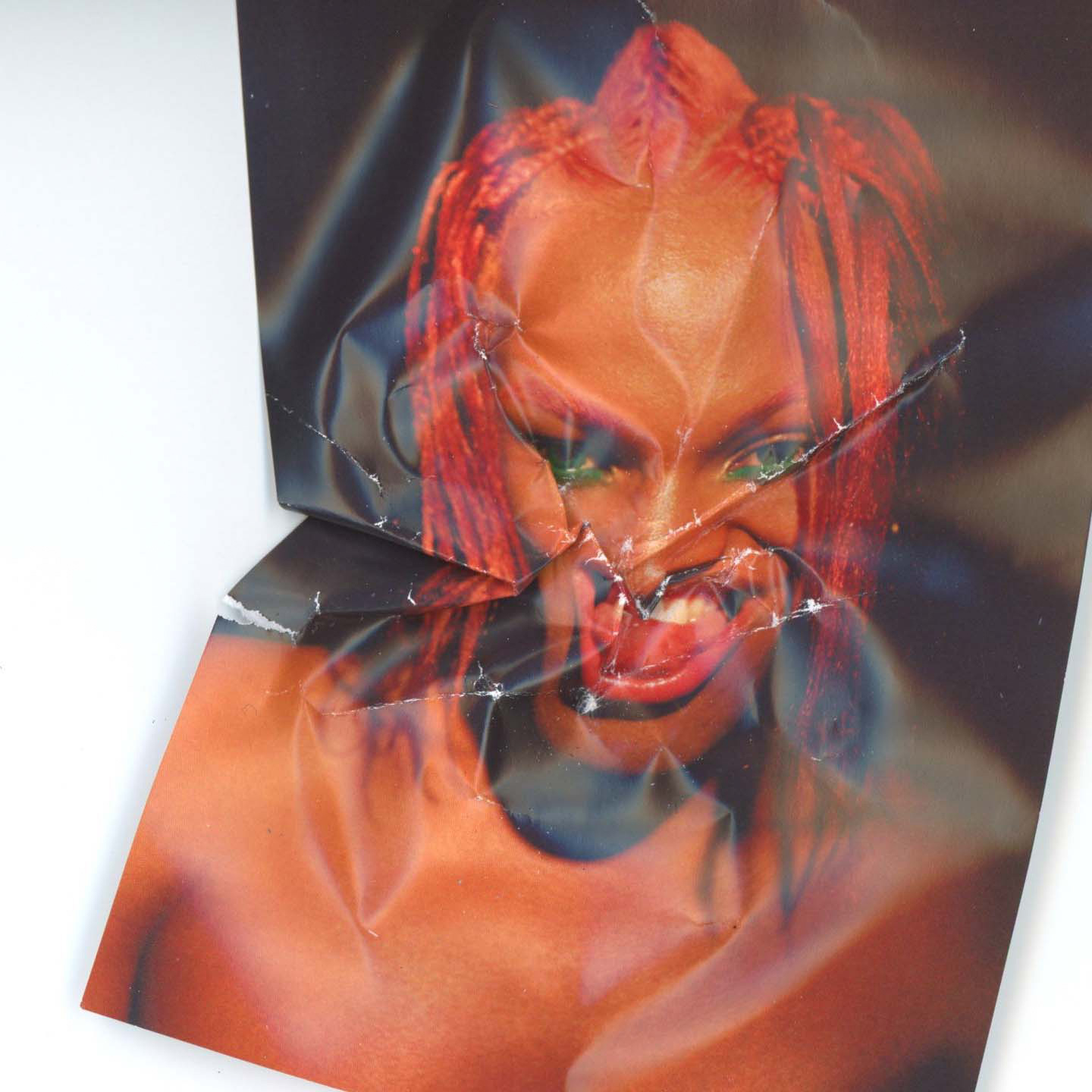
-
BANDCAMP
Suutoo is a new London-based artist who’s captivating listeners with striking sound pieces and a disregard for conventional structures. Their debut EP, Where I End You Begin, was a series of “episodic poems” that solidified their status as a talent to watch. On the opening track, “Fröjd,” serene plucks suddenly unfurl into cold, shrill screams. They disappear as quickly as they came, and the piece flows smoothly into ethereal synths. These sound collages dance feverishly between euphoric and funereal energy until the predominant feeling is one of simple clarity. The way the mood meanders, you can never quite tell if they’re mourning the loss of something or celebrating its birth. Suutoo continuously finds new sonic pathways wherever there is an inch of space. Seemingly incompatible elements are warped to form beautiful patchworks of divine randomness. They are one of those rare artists who has entered the scene sounding like no one else but themselves, fully formed yet hardly understood.
Emeka Okonkwo
-
-
-
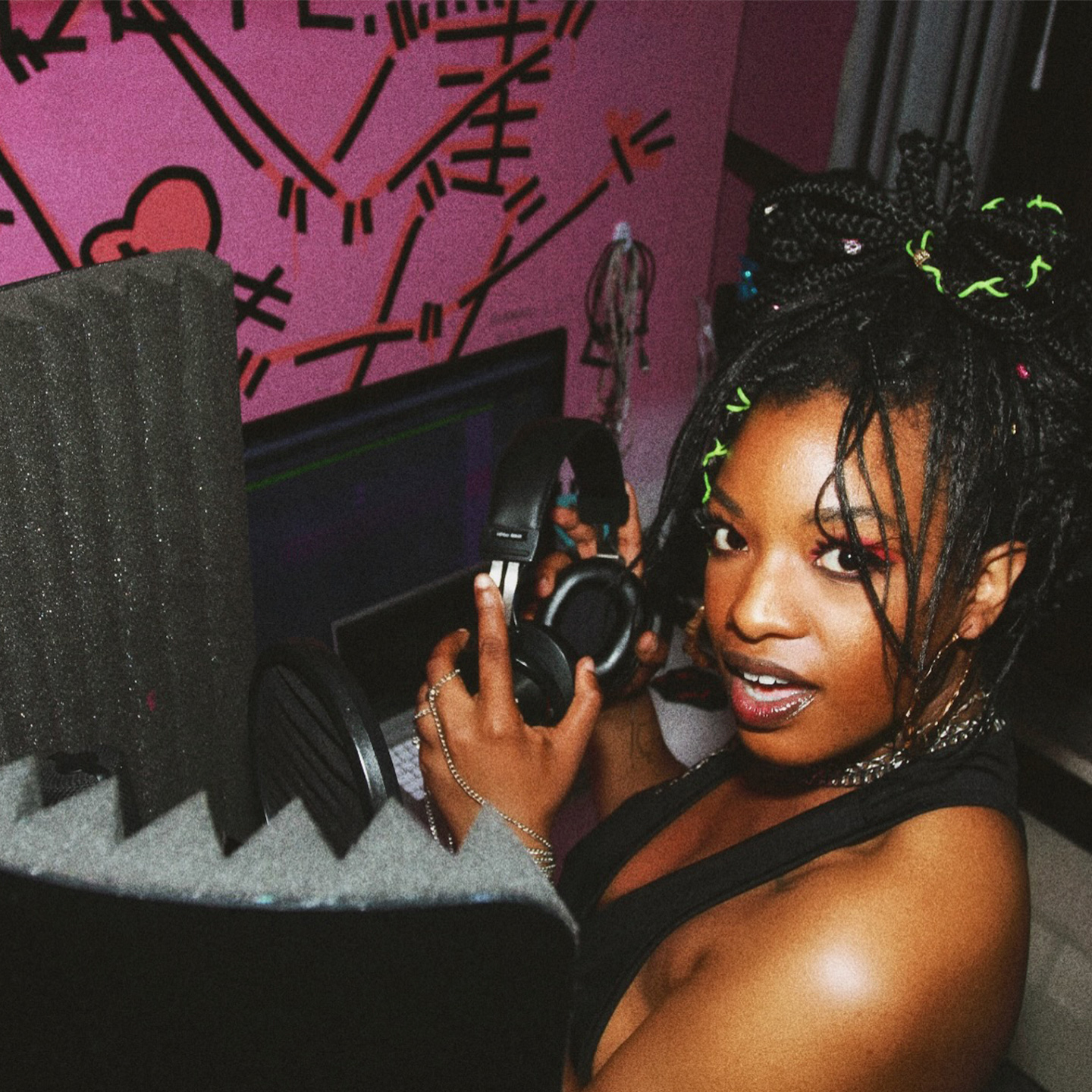
-
BANDCAMP · SPOTIFY · APPLE MUSIC
When New Jersey DJ Cherise Gary first came onto her city’s party scene, she thought up a name that would describe her position as a woman artist in the male-dominated circuit: unique. Raised in the birthplace of Jersey club, UNIIQU3 was already immersed in the world of Jersey house before she was formally introduced to the club. Contrasting the realm of Jersey club that veers into dark, floor-rattling attacks, UNIIQU3’s mixing style represents the genre’s bubbly end. Her selection often involves peak-time hip-hop, pop edits and techno (her 2019 Coachella mix includes a chipper ode to Prodigy) Her charismatic persona confirms her prowess as a performer. Gary’s skills have lately expanded into production work, where her debut EP, Phase 3, and her collaborative project with KG, B2B, sit among the standouts.
Kiana Mickles
-
-
-
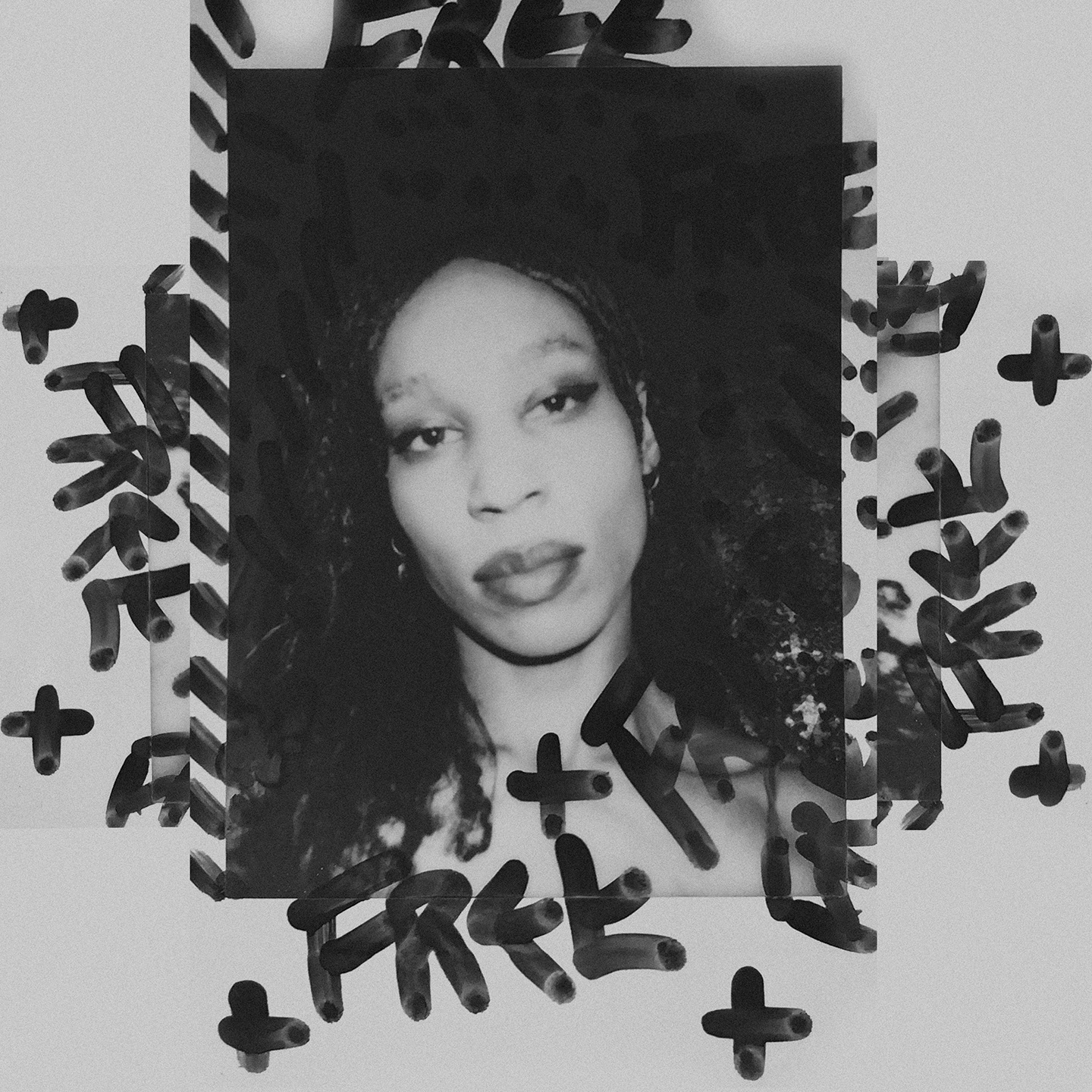
-
BANDCAMP · SPOTIFY · APPLE MUSIC
Articles about Congolese-Belgian DJ, producer, artist and activist Nkisi always credit Congolese rumba and European gabber as her main influences. Somehow she can make these disparate sounds come together to form experimental productions informed by psychoacoustics and hard techno DJ sets. “African music was always viewed from one perspective but never imagined as experimental,” she told Glam Cult. Her music of sacred soundscapes and secret drum languages expands the definitions of African music. When we talk about tribal electronic music, Nkisi’s work is not what comes to mind, even though her Congolese heritage and Bantu cosmology inspire it. Alongside Angel-Ho and Amobi, Nkisi cofounded NON WORLDWIDE, which platforms alternative African and diaspora artists like FAKA, while her NTS show continues to highlight Black leftfield artists.
Kampire Bahana
-
-
-
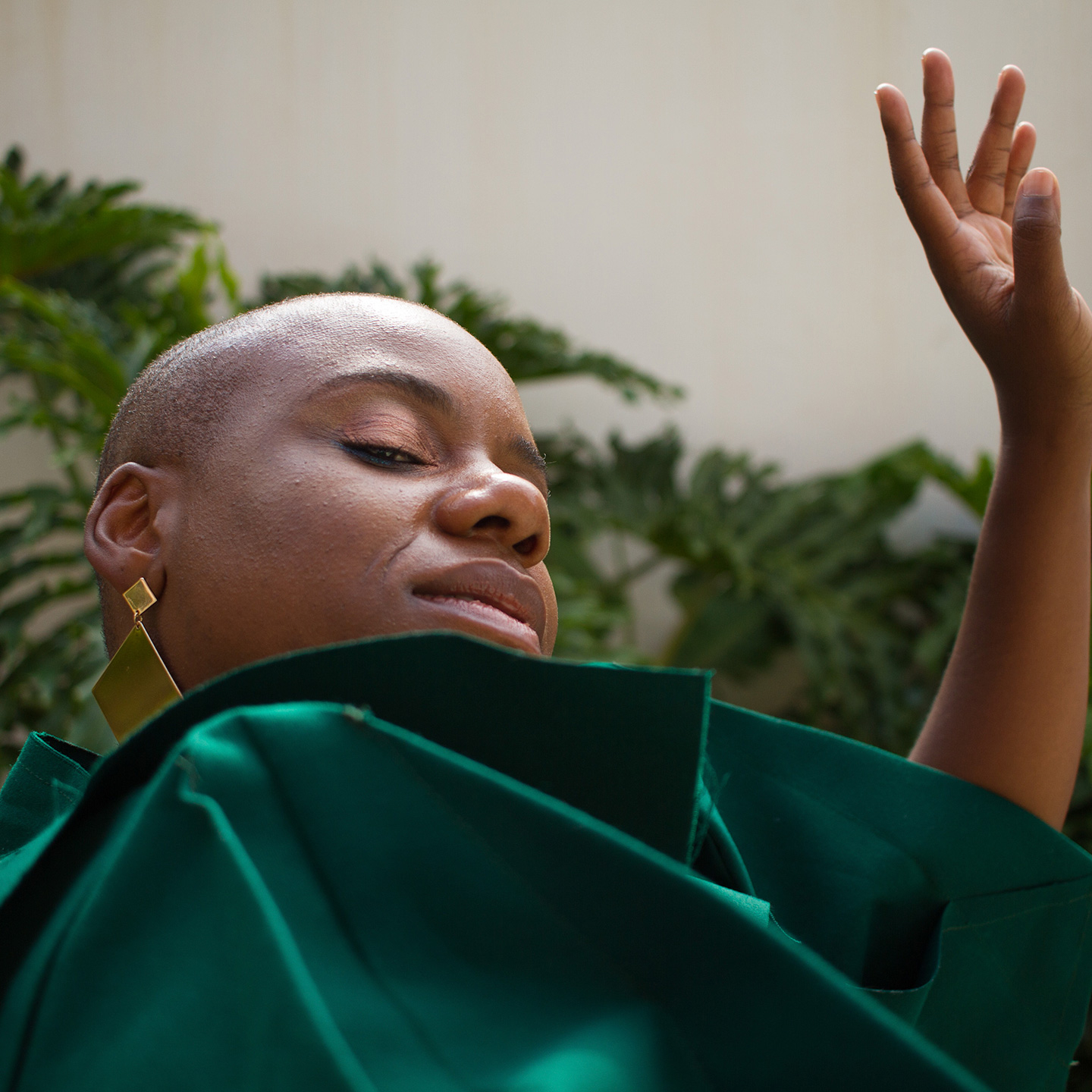
-
BANDCAMP · SPOTIFY · APPLE MUSIC
A seasoned singer/songwriter who moonlights as a journalist, label boss and highly-engaged advocate for Black women in electronic music, Jackie Queens is a vital member of the global community. Driven by a desire to create an equal playing field that acknowledges Black Africans’ historical and contemporary contributions to the international scene, her determination to disrupt the status quo runs deep. Currently residing in South Africa, where she moved from her native Zimbabwe (via London), Queens runs the boutique label Bae Electronica, which supports lesser-known acts, while also providing a platform for her own releases. In July 2020, Jackie wrote and published Making Music Together, a collaboration guide for artists and vocalists, detailing topics such as copyright and intellectual property law for the uninitiated. Jackie’s work never ceases, as such, she’s recognized widely as a leading voice in the fight for equality within electronic music and beyond, and as an influential house music vocalist.
Marcus Barnes
-
-
-
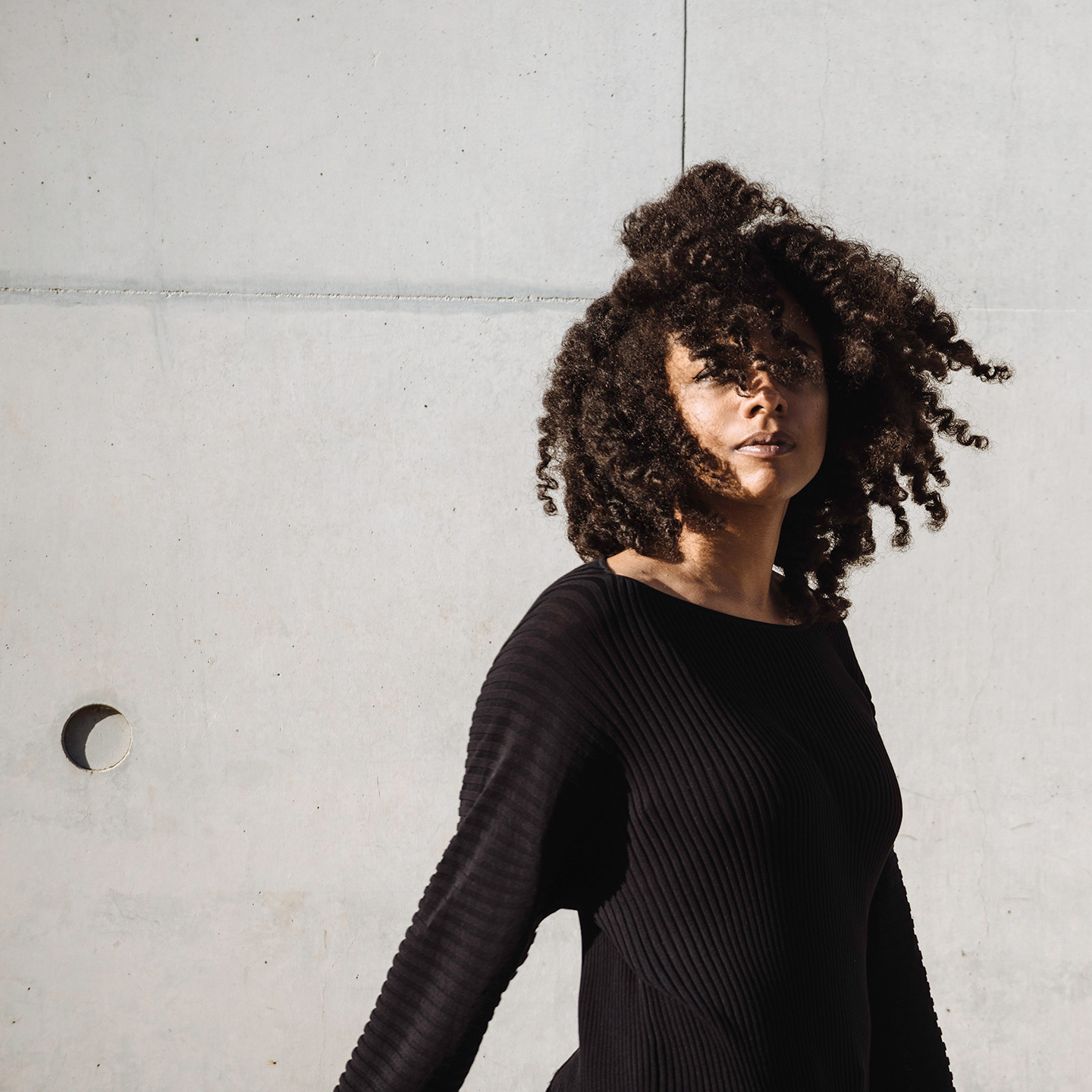
-
BANDCAMP · SPOTIFY · APPLE MUSIC
Jessica Ekomane is a French-born and Berlin-based sound artist and electronic composer. Her work has been played worldwide at institutions like Dommune in Tokyo and Berlin’s CTM. In 2019, she released her debut album Multivocal on Important Records to critical acclaim. A keen interest in psychoacoustics (the psychological responses associated with sound) means her live performances render the audience as subjects in cathartic gestalt experiments. There is a theoretical backdrop to everything she does. Consisting of minimal, repetitive sounds that nimbly respond to one another, Ekomane’s work explores dichotomies between elements like melody and noise or silence and saturation. Throughout her career, these trance-inducing and wholly immersive experiments in rhythmic structures have proved a vibrant testimony to the notion that music is a science as much as it is entertainment.
Emeka Okonkwo
-
-
-
-
-
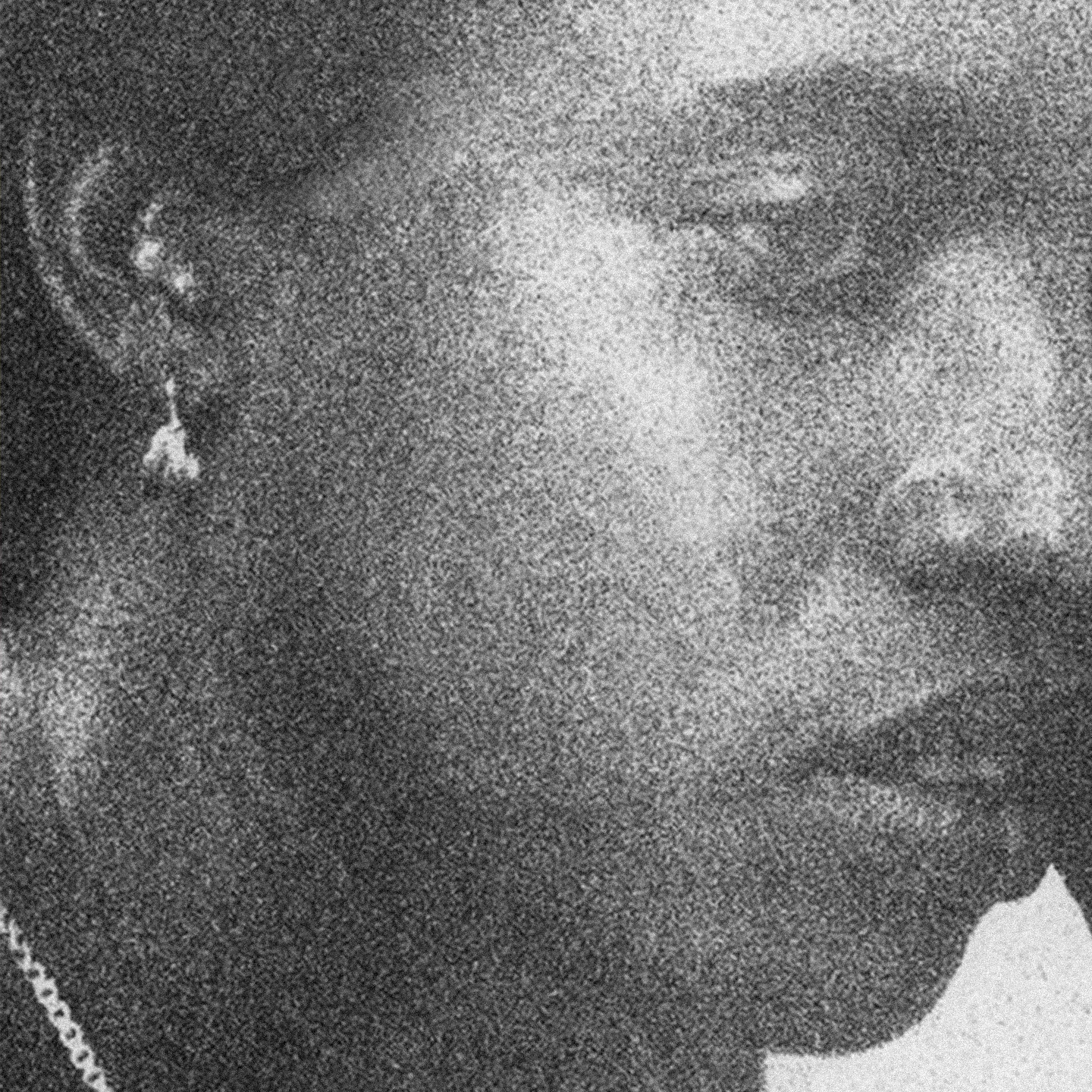
-
BANDCAMP · SPOTIFY · APPLE MUSIC
Jennifer Lara was a prominent artist on Coxsone Dodd’s legendary Studio One label. She featured as a backing singer on recordings for the likes of Delroy Wilson, Freddie McGregor, Dennis Brown and Sugar Minott, before recording her own album in 1974, Studio One Presents Jennifer Lara. Her acclaimed, 1985 follow-up album, Week-End Loving, pushed her sound from roots reggae towards boogie and funk, including hits like “Big Surprise.” Lara crossed over into electronic music in 2003 when visionary duo Rhythm & Sound teamed up with her for “Queen In My Empire,” one of the standout cuts on their seminal compilation w/ The Artists, opening with the unforgettable proclamation “I’m the queen, I sit on my own throne.” Her laidback tones have produced many dub and lovers rock anthems, like her cover of Evelyn King’s “I’m In Love.” Since Lara’s death in 2005, her music has been included on many compilations, spreading her good vibes jams far afield.
Richard Akingbehin
-
-
-
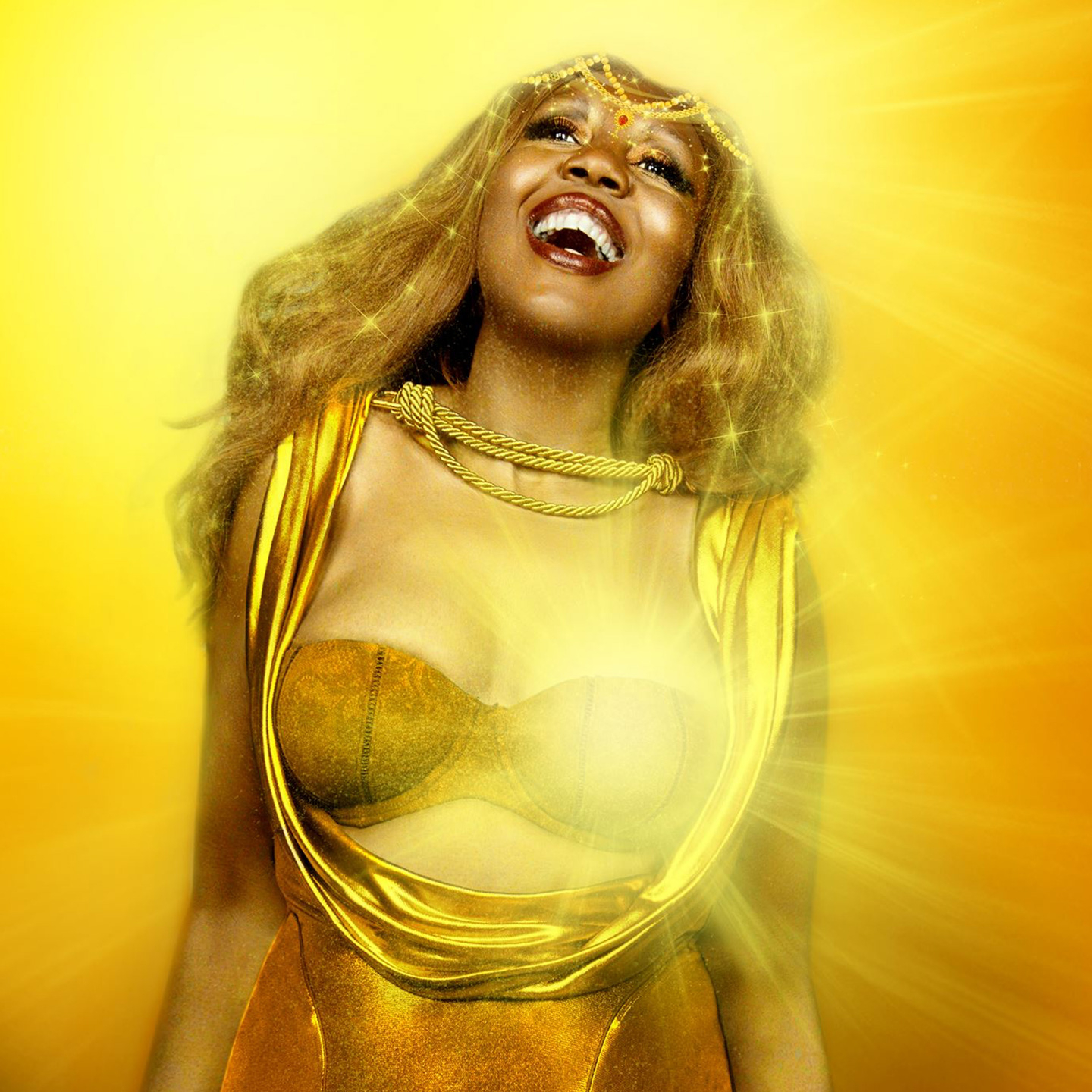
-
SOUNDCLOUD · SPOTIFY · APPLE MUSIC
Scottish-born singer Nicolette became an electronic music icon in the ’90s. Her distinct voice appeared on some of the decade’s most definitive tracks, and she maintained a consistent presence thanks to her high work rate. In 1992, Nicolette dropped her debut album, Now Is Early, produced by pioneering London duo Shut Up And Dance. Soon after she worked with Massive Attack, signed to Talkin’ Loud, and recorded with Plaid, Alec Empire and 4Hero, among others. In 1996 she dropped her second LP, Let No-one Live Rent Free In Your Head, with Talkin’ Loud, another critical and commercial success. Every step of the way Nicolette has maintained a fiercely independent approach to her work, channeling her idiosyncratic take on vocal performance into every recording. She later left Talkin’ Loud to set up her own label Early Records, refusing to bend to any outside influence on her creative freedom. Nicolette’s legacy centres on bold, unapologetic determination, free thinking and a body of work that demonstrates electronic music’s power to inspire social and cultural change. From “No Government” to “Ordinary People,” her recordings embody what it is to be human, radiating with the frequencies of unity, love and truth.
Marcus Barnes
-
-
-
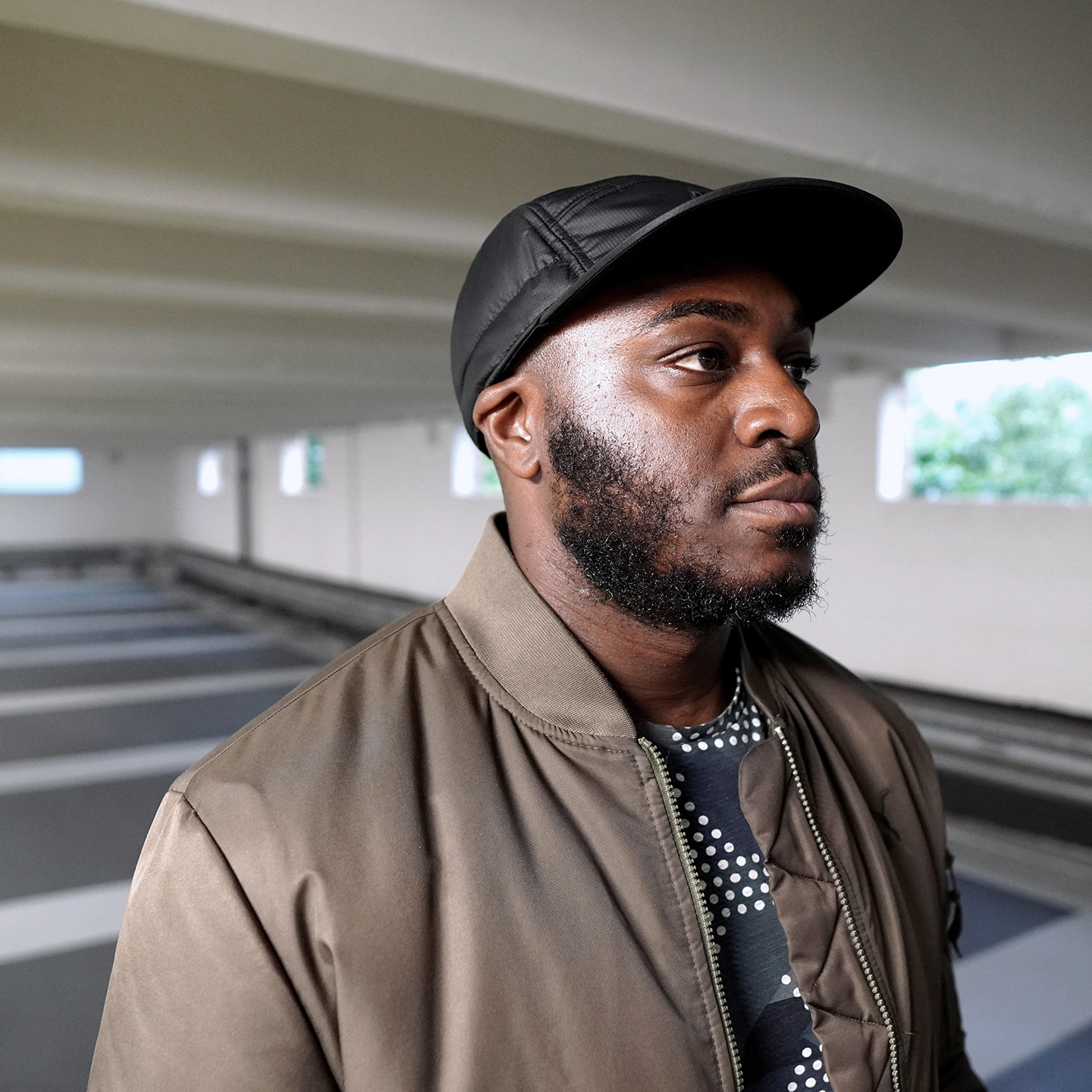
-
BANDCAMP · SPOTIFY · APPLE MUSIC
Wayne Goodlitt’s riddims and “Roska, Roska” tag are easily some of the most recognisable trademarks of the last decade. The South London-based producer/DJ is a key reason for the rise of UK Funky’s heady mixture of garage, grime, soca, broken beat, dancehall and percussive, soulful house in the mid-2000s. Regularly powered by carnival-ready percussion and unfussy basslines, his releases for his own Roska, Kicks & Snares label (launched in 2007) and beyond (Numbers, Tectonic, Hotflush, Fools Gold) have cemented his position as a vital part of UK music history, nourishing a whole new generation of producers both within and beyond his UK Funky and garage roots. In more recent years, he has leaned more into his (Uncle) Bakongo alias, unveiling a flow of darker, streamlined tunes for the likes of Livity Sound and its Dnuos Ytivil sister label. Sill just as club, bass-bin ready and aimed at the hips and neck.
Errol Anderson
-
-
-
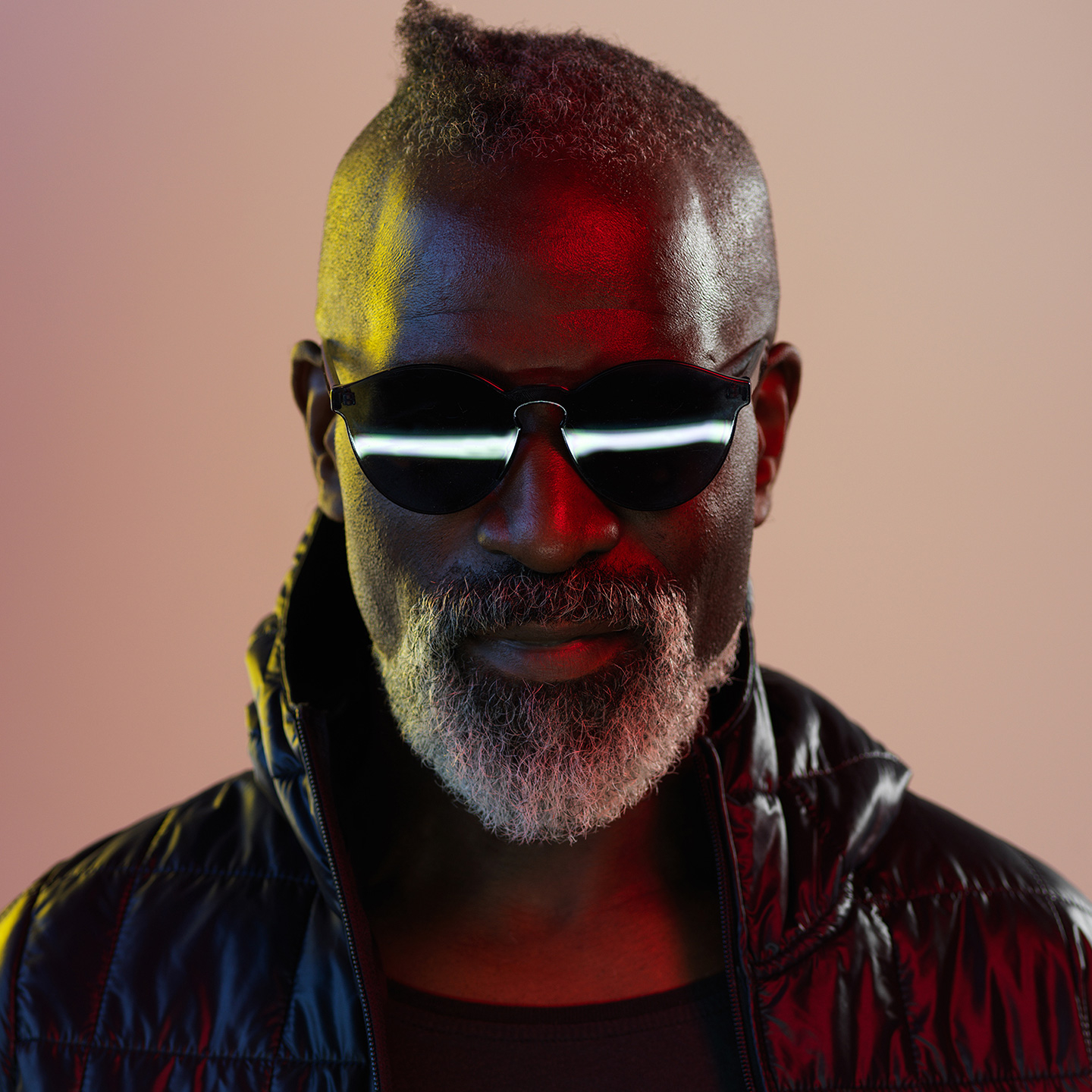
-
BANDCAMP · SPOTIFY · APPLE MUSIC
Having released some of the most forward-thinking, electronic-driven soul music of the past two decades, Steve Spacek remains a quietly respected figure.
The South London native has relentlessly ping-ponged around the UK hardcore continuum under numerous aliases and collaborations (Steve&I, Africa Hitech with Mark Pritchard, Beat Spacek, SPA and Black Pocket for a start). Each venture finds intriguing connections between styles, consistently bass bin-friendly and more often than not, blessed with his distinct, nectarine vocals. At his speediest, there’s the footwork-meets-juke of “If U Wan 2 Find Me” and various drum & bass workouts with Commix, Calibre and his brother, dBridge. He’s burrowed himself a special space within futuristic, elastic soul at the other end of the BPM spectrum. Yet there’s so much in between: dub and robo-dancehall, Latin grooves, twisted bruk and, of course, “Eve.:.
Ever the technologist, he’s also mastered the art of mobile phone production over the past few years, wielding his index finger like a stylus and making full projects armed with apps alone. For a start, check out 2015’s iOS MIXTAPE (Ninja Tune), which featured 60mins of 100% exclusive unreleased beats produced entirely using iPhone- and iPad-based synths, effects and DAWs.Errol Anderson
-
-
-
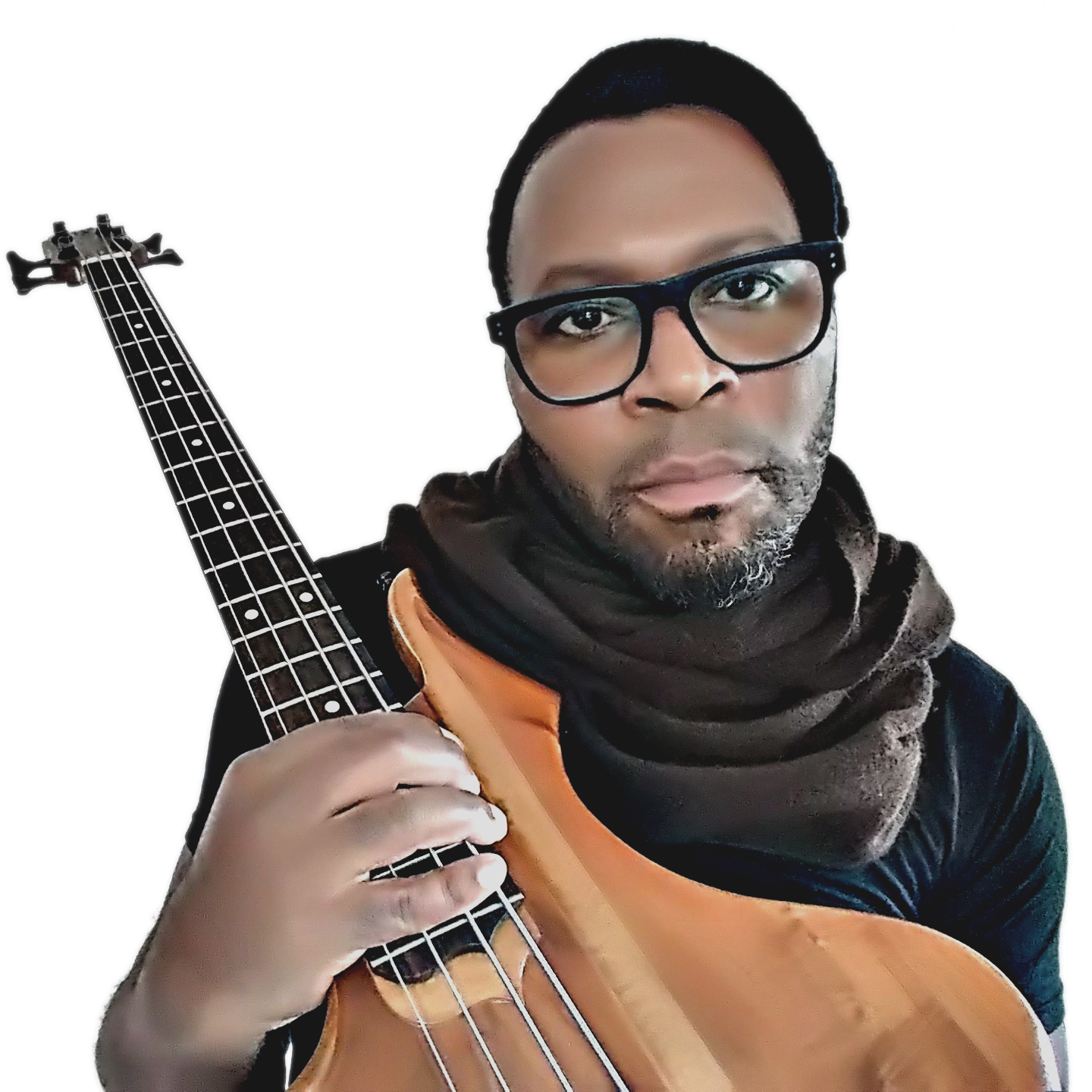
-
BANDCAMP · APPLE MUSIC
Warren Harris, AKA Hanna, has been responsible for some of the most emotionally-charged blends of electronic music over the past 20 years. Often found floating somewhere between deep house, jazz, hip-hop, broken beat, garage and drum & bass, the prolific multi-instrumentalist has a special gift for breathing life into his hardware. Tracks groove so loosely on the leash, airy and unquantized yet bound together by those unmistakable Hanna-rich, reflective pads.Somehow, a lot of Harris’ discography has bobbed beneath the eyeline of the mainstream. Disciples will already be aware of essential, timeless releases on labels such as Track Mode, Metamorphic, Sublime, Paper, Panhandle, Afterhours, Deep Departures, Apron Records and Sound Signature. As a starting point, 2002’s Contemplating Jazz (Track Mode) gave us the proto-garage of “Basquiat,” “Always” and “Quiet Place.” His Key Of Soul project alongside Dan Curtin — another soulful ninja —oozes techno-broken beat goodness. Plus, both Bless and his contributions to Theo Parrish’s The Rotating Assembly are magnetic. There’s so much more gold though. Although a rare sight (Harris is now plying his trade as a tennis teacher), the Hanna live experience is time machine-worthy. Imagine Harris cueing tracks from samplers, sprinkling live bass and lead synths to what must be angelic levels.
Errol Anderson
-
-
-
-
-
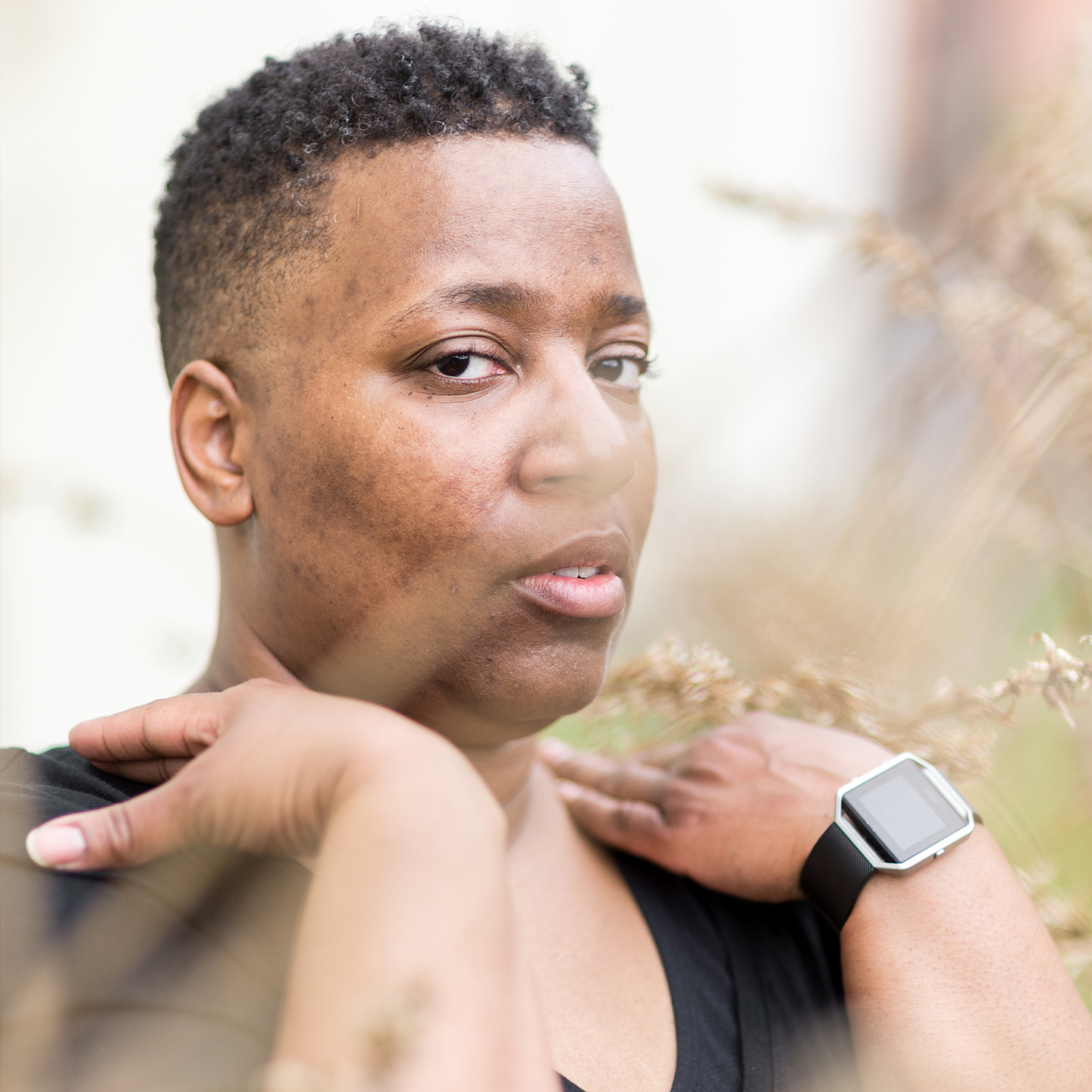
-
BANDCAMP · SPOTIFY · APPLE MUSIC
Whodat—not DJ Whodat or Who Dat, just Whodat—has had a lifelong dedication to music. There’s a picture of her in her walker as a toddler clutching a 7-inch, a smile beaming off her face. Way before last year’s mix for RA, she was blessing audiences across the world with her deep crates. A former record store owner, she grew up looking through her mom’s (known as Mama Whodat) collection in Detroit. In the early 2000s, she made her way to Rick Wilhite’s now-closed but never forgotten record store, Vibes. It was there she found her people and was encouraged to start mixing. Alongside her talents as a selector, she’s released on labels like Lakuti’s Uzuri and the Belgian Meakusma. While a myriad of health issues have disrupted her career, she’s always found her way back.
Crystal Mioner
-
-
-
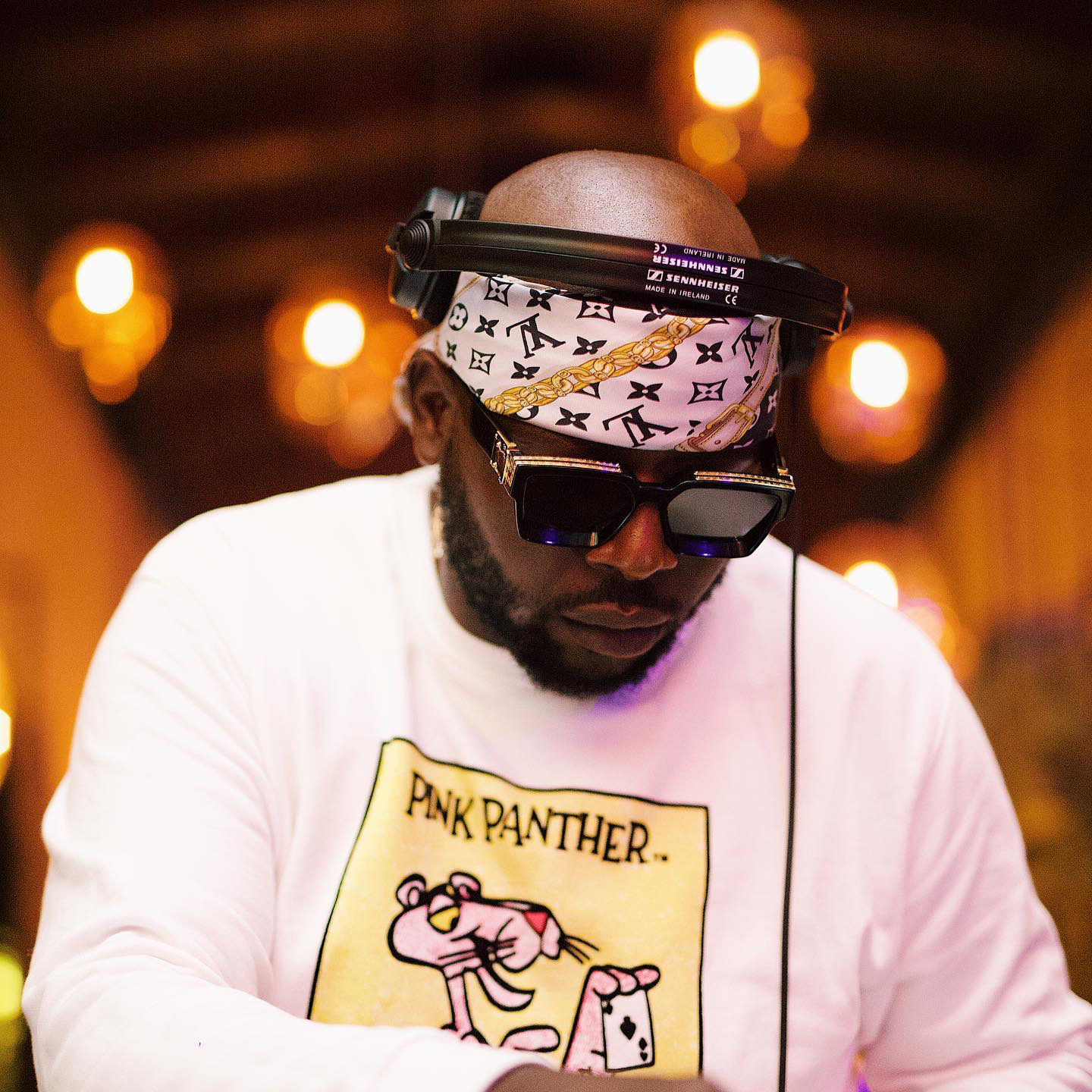
-
SOUNDCLOUD · SPOTIFY · APPLE MUSIC
Sometimes known as “the man with the midas touch,” multi-award-winning Themba Sonnyboy Sekowe, Lawd Porry, or simply DJ Maphorisa, has been a coveted producer for the last decade. Whatever you decide to call him, his influence on South Africa’s dance music scene remains unprecedented. Coming up with the Kalawajazmee Crew, he established the label Blaqboy Music, which currently houses some of the biggest amapiano producers to date. Responsible for an array of styles, his work on stream-queen Shekhinah’s “Suited,” and Drake & Wizkid’s “One Dance” has earned him numerous accolades. One half of the trailblazing Scorpion Kings alongside Kabza De Small, when Dj Maphorisa speaks, everyone listens. With nimble productions and undeniable hooks, Maphorisa has managed to dominate in most of his home country of South Africa’s prominent dance music genres, leaving audiences ever anticipating what he’ll do next.
Shiba Melissa Mazaza
-
-
-
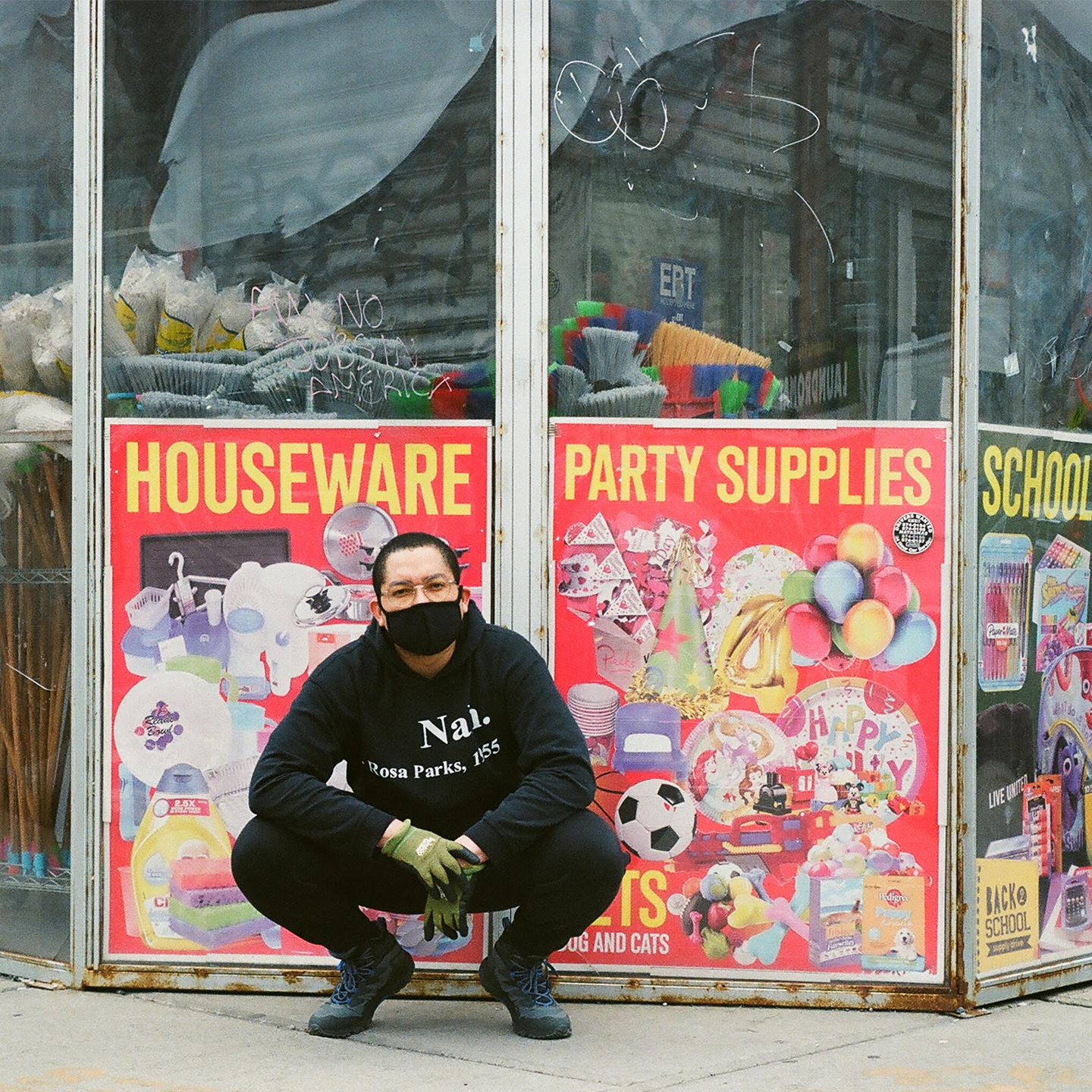
-
BANDCAMP · SPOTIFY · APPLE MUSIC
Bermuda-born Russell E.L. Butler is a bright star making a name for themselves while challenging the heteronormative narrative of Black life. A young master of the modular synth with a background in classical violin, their tracks are filled with an emotional context not found in a lot of music today. After relocating to Oakland in 2009, they immersed themselves in the Bay Area’s queer DIY scene. Initially releasing with a more industrial sound under the moniker Black Jeans, they switched to using their birth name and exploring the more dance-oriented side of electronic music. As both a DJ and live musician, Butler was quickly recognized as a new talent with close associations with collectives like Club Chai. In 2019 Butler relocated to NYC, where they have absorbed the environment and reflected it through their work. With releases on Mister Saturday Night, Opal Tapes, Spectral Sound and Sublimate, their songs have become essential parts of many respected DJs’ sets.
Tajh Morris
-
-
-

-
DISCOGS · APPLE MUSIC
London-based music-maker, Chris Mack (AKA Christopher McFarlane) has seen the wheel of the UK hardcore continuum turn numerous times over the course of his 30+ year career, and his output has been just as evolutionary. From convulsive hardcore as Bad Girl/C.M.C, jungle explorations as The Underworld and Potential Bad Boy, his late ’90s movements as Chris Mac, or, more recently, his recording for DJ Hype’s Ganja Records and his own sublabel of Ganja entitled Jekyll & Hyde.
Perhaps his influence on the two-step garage sound is the most telling. By 2000, garage seemed to have no sonic stories left to tell, having completed its street-to-academy progression by achieving pop crossover (Artful Dodger, Craig David). With at least a decade’s worth of music-making behind him, Chris Mac (alongside others like Steve Gurley) was well-equipped to develop speed garage’s slinkier, twist n flex sibling. Riddims like “Say Yes” on Confetti Dubs No.5 are stone-cold classics, and his two-step remix of Mario Cee’s “Negativiti” at the turn of the century is one of the finest sweeps of his wand, but there’s magic spanning way back to UK hardcore’s heyday and the dawn of jungle.Errol Anderson
-
-
-
-
-
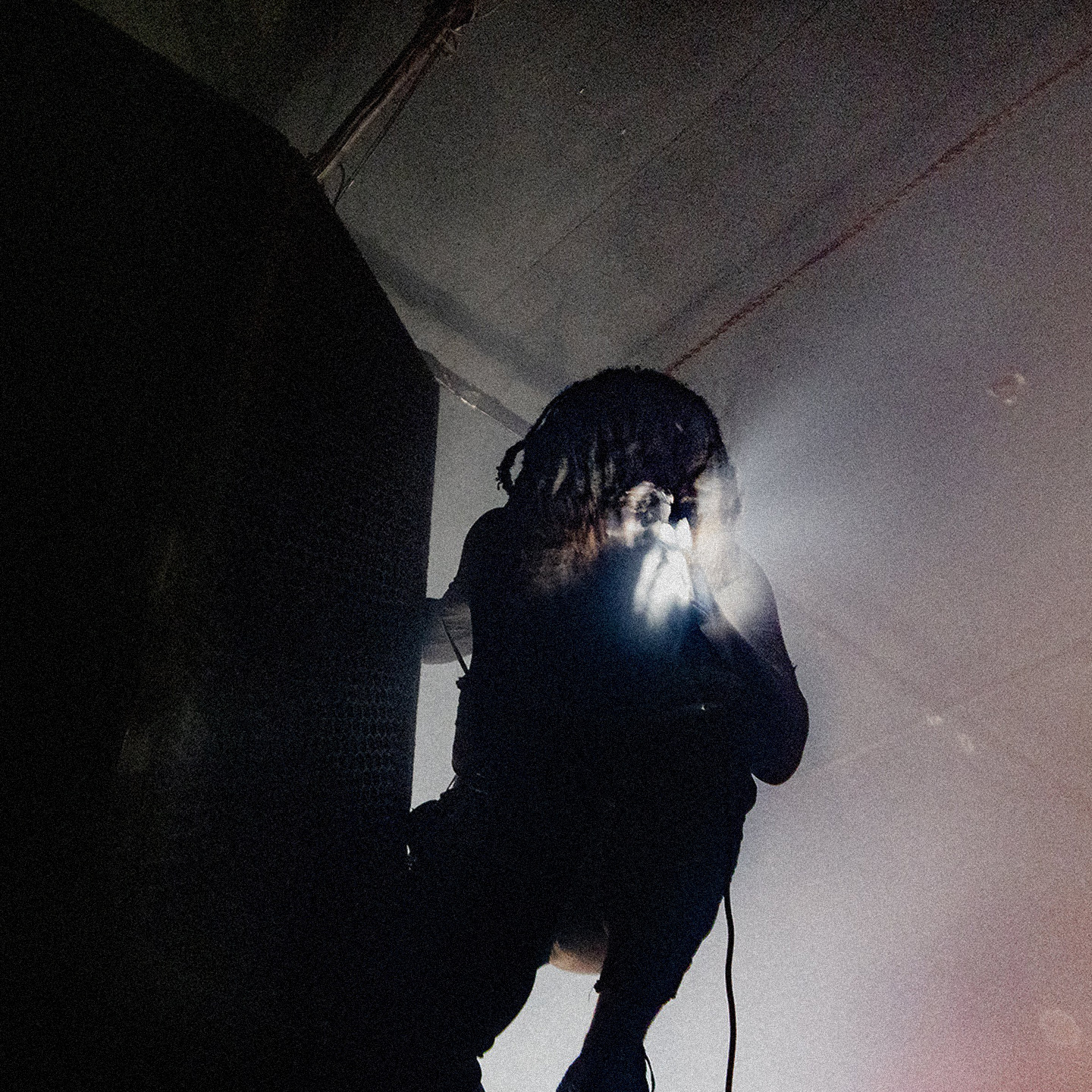
-
BANDCAMP · SPOTIFY · APPLE MUSIC
Originally from Wichita, Kansas, the New York-based PTP member has been at the forefront of Brooklyn’s noise scene since 2015. Heavily influenced by industrial pioneers Throbbing Gristle, their work forges power electronics, punk and industrial music, all ferociously packaged in the 40+ records they now have under their belt. While unequivocally rooted in noise, their music is also a protest to the often rigid, white male-centric associations of the genre. Their self-proclaimed discography of “nihilist queer revolt musik” is known for its searing, confrontational nature, but underlying the grit, there is also an emotional intimacy. This contradiction, seen in one of their more recent releases, Another Country, is one of the attributes that sets them apart from many of their peers in the DIY live scene. In fact, their live performances, where active interaction between audience and artist is considered sacred, share more in common with what the punk scene terms “aggressive camaraderie.”
Kiana Mickles
-
-
-
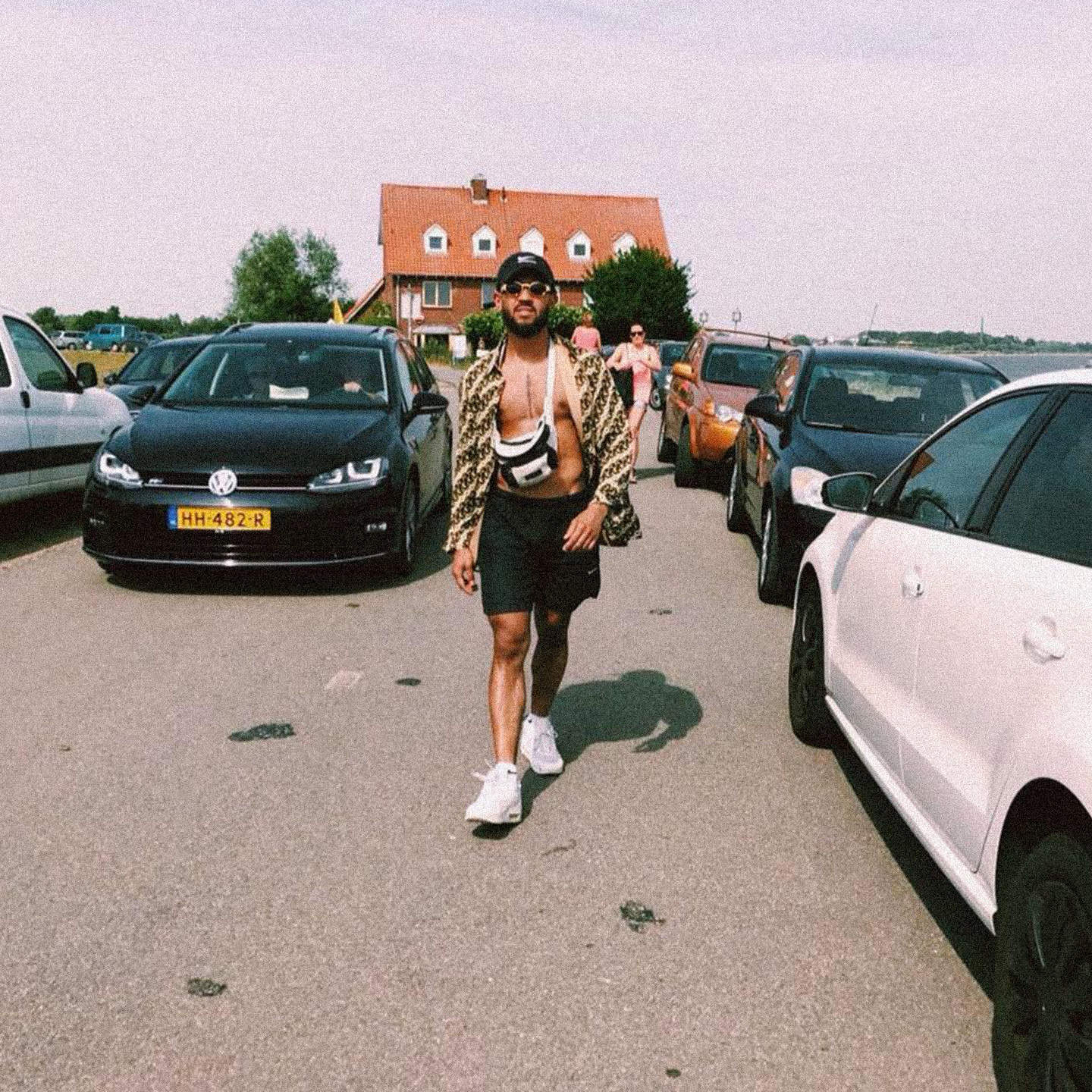
-
BANDCAMP · SPOTIFY · APPLE MUSIC
Jocelyn Abell is one of a handful of artists who are keeping dub techno fresh. Recording under his own name and a number of collaborative aliases like J&L, ESHU and Dilated Pupils, the Dutch artist has proved to be a consistent source of high-quality dance music, harnessing the power of a slowly-evolving loop and the laidback headspace that comes with it. Much like the patient progression of his tracks and sets, Jocelyn doesn’t rush. His first solo record came in 2019, but he had been releasing collaborations eight years earlier.
ESHU Records, the label Abell runs from Nijmegen with three others, is an equally reliable outpost for crisp, dubby techno. Jocelyn isn’t the kind of artist you’d expect to surprise you with a new release out the left-field, but one whose records you can blindly buy and be sure the warm, hypnotic and satisfying grooves will do the business.
Richard Akingbehin
-
-
-
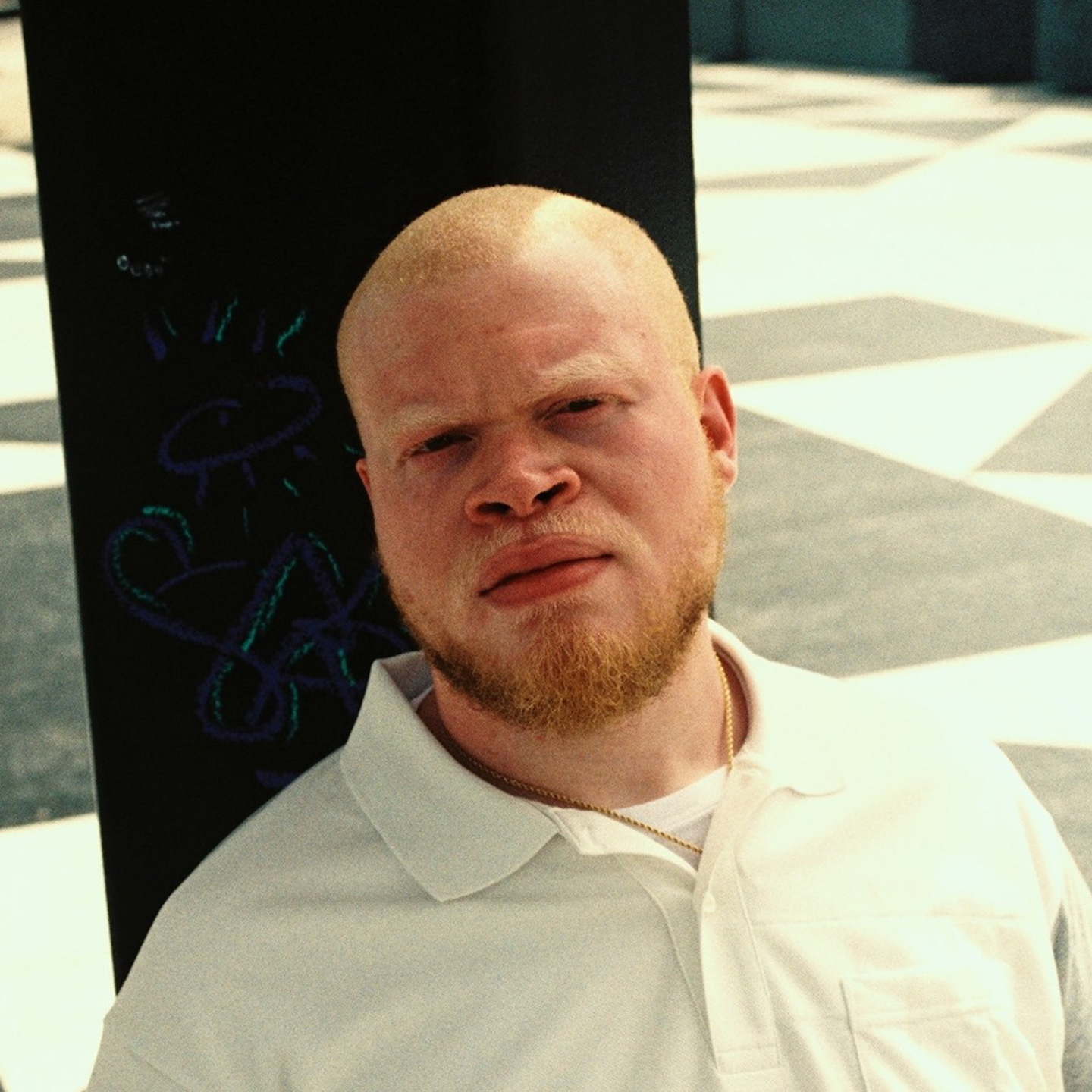
-
BANDCAMP · SPOTIFY · APPLE MUSIC
There’s just something about Atlanta that presents a true commitment to America’s promised melting pot. In Leonce, you have a living embodiment of that expansive culture—a little of this, a touch of that, combined to create a sound uniquely his own. A native of New Orleans, he relocated to Atlanta after Hurricane Katrina in 2007, where he found influence from southern rap and later, vogue beats under the tutelage of Divoli S’vere. In 2019, he launched the label Morph Tracks with the tongue-in-cheek Penetration Testing EP. Whether transforming Summer Walker’s downtempo “White Tee” into a percussive laden dance track with collaborator Neana or the GQOM influenced “Vester”, his production style encapsulates current moments with studied technique. Alongside JSPORTS, he hosts the party Dirty South Rave (FKA MORPH), which centers Black queer performers and musicians. His latest release, Multiplexing, a DJ tool made in collaboration with Sophie Douala, is available now on FWD Transmissions.
Crystal Mioner
-
-
-
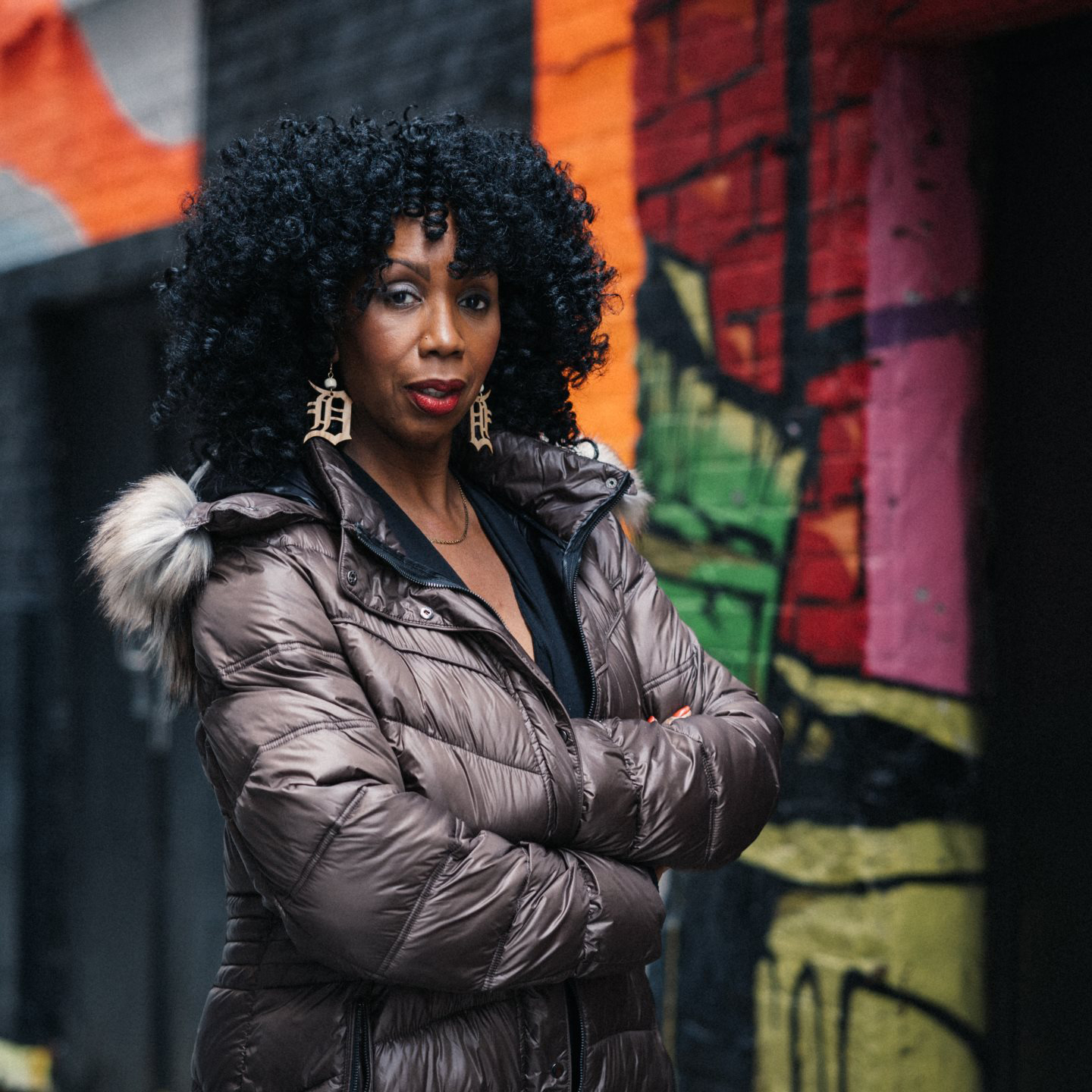
-
SOUNDCLOUD · SPOTIFY · APPLE MUSIC
Jennifer Witcher, AKA DJ Minx, is a Detroit luminary. The motor city’s “First Lady of Wax” has been a mainstay in the house circuit for over three decades, faithful to the Detroit sound and a leading light among rising female artists. Minx offers pure groove with lashings of bass. Her sets build and simmer, with momentary flashes of heat: beats swing, snares snap, and riffs funk, filling the space with all kinds of old-skool charm. You hear this on Witcher’s own releases too. Minimal house classic “Walk in the Park,” which took all of 45 minutes to produce, had dancefloors heaving in the early ’00s, turning the likes of Richie Hawtin and Josh Wink onto the Minx sound. Witcher founded the Women On Wax DJ collective in 1996 and launched a label of the same name some five years later, helping to kick start the careers of numerous female artists. She finally committed to the label full-time in 2019, a year after receiving the Spirit of Detroit Award, and electronic music is all the richer for it. Long live Detroit’s first queen.
Riri Hylton
-
-
-
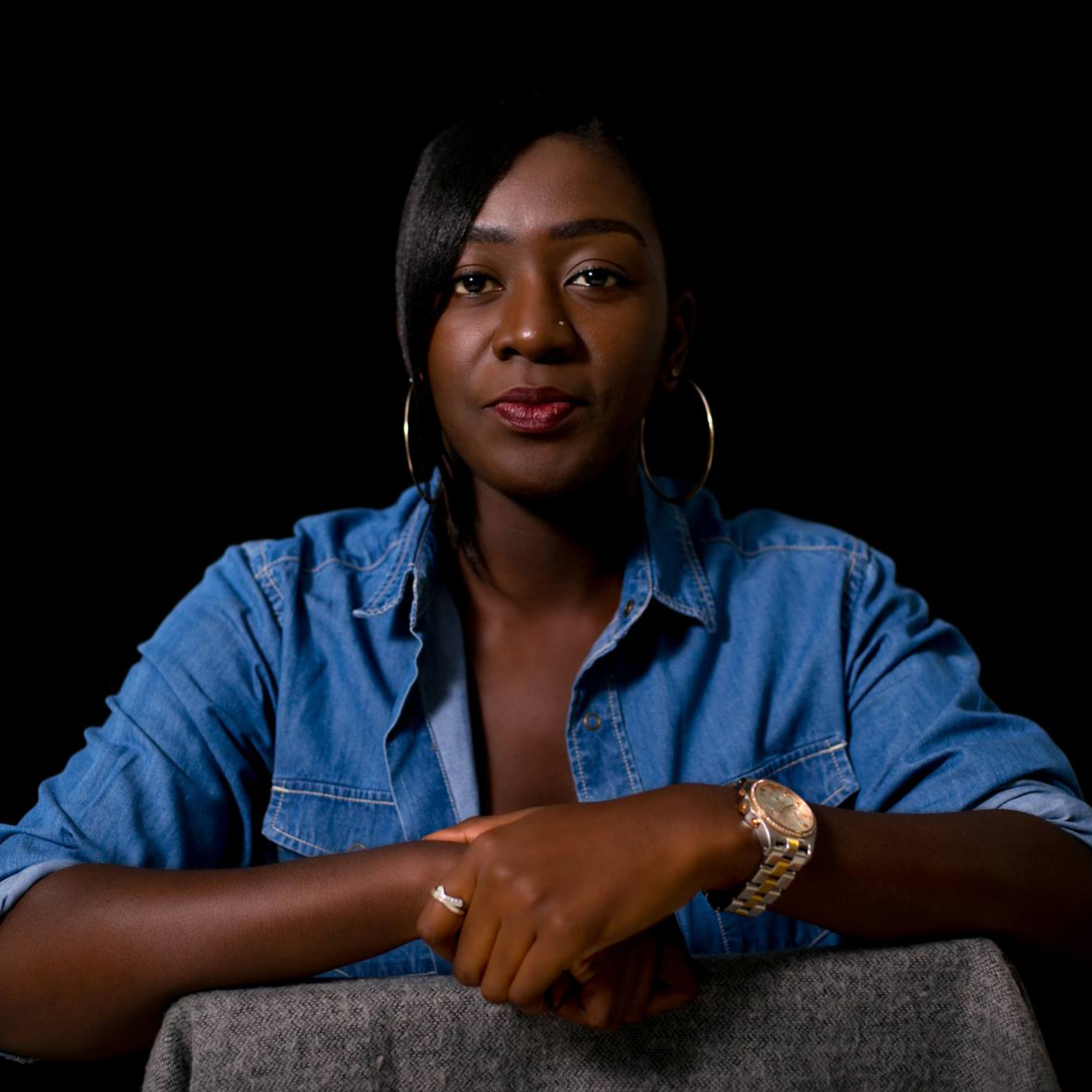
-
SOUNDCLOUD · SPOTIFY
Few have pushed Afro House in the UK like Kitty Amor. The DJ was promoting the sound as early as the late ’00s when a chance billing alongside Sef Kombo sparked a key partnership. On her return to London, Kombo enlisted Amor as a resident DJ at his underground TilTwo parties. She soon established her own Afro House hub with Motherland, a bi-monthly event in east London’s Hackney, and recruited Kombo to the team after taking the reins in 2016. Together with D-Malice, the trio rebranded Motherland and launched Sessions, a night dedicated to Afro House producers and DJs worldwide. As a DJ, Amor fashions deep tonal journeys, consciously weaving the works of burgeoning Afro House artists into every set. She has toured South Africa, played a Black Coffee “Deep In The City” edition, and was the first Afro House DJ to take the stage at London’s Printworks. The past decade shows that she has more than earned her stripes. When they write the history of Afro House, look for Kitty Amor in the UK section. If she’s not there, it hasn’t been written.
Riri Hylton
-
-
-
-
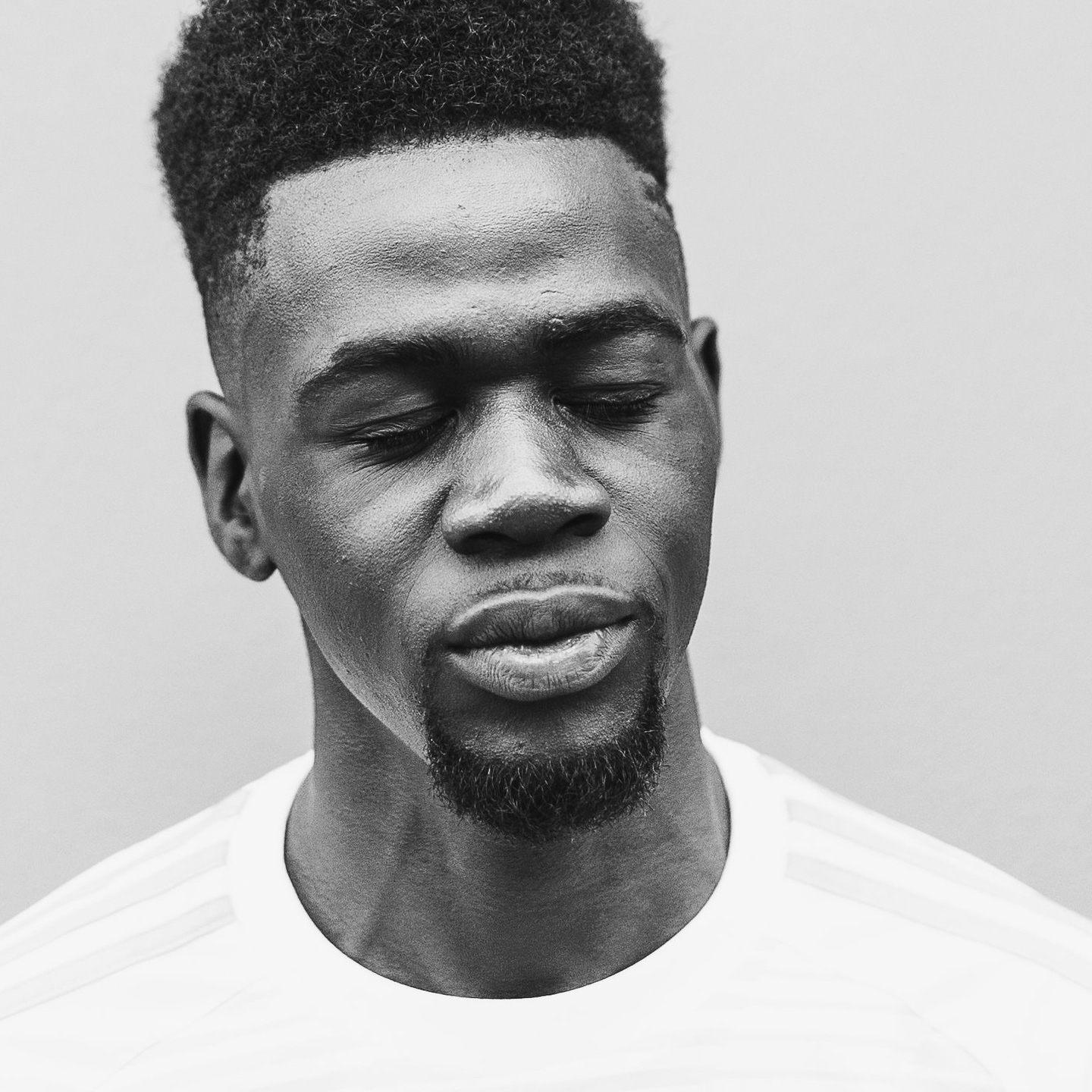
-
BANDCAMP · SPOTIFY · APPLE MUSIC
Some songs come around and change the landscape, shifting several genre’s ideas of themselves. “African Scream,” with its distinctive vocal sample and rolling marimbas, is one of those songs. Released when Dotorado Pro was just 16, it crossed boundaries from kuduro to pop, passed around from the cellphones of Lisbon teenagers to the world. Today, African kids propel tracks to top 40 success by making dance videos in their bedrooms and on their cities’ streets, using Brussels, Lisbon, Paris, Kinshasa, and Abidjan as creative backdrops. To me, this is just as it should be.
Kampire Bahana
-
-
-
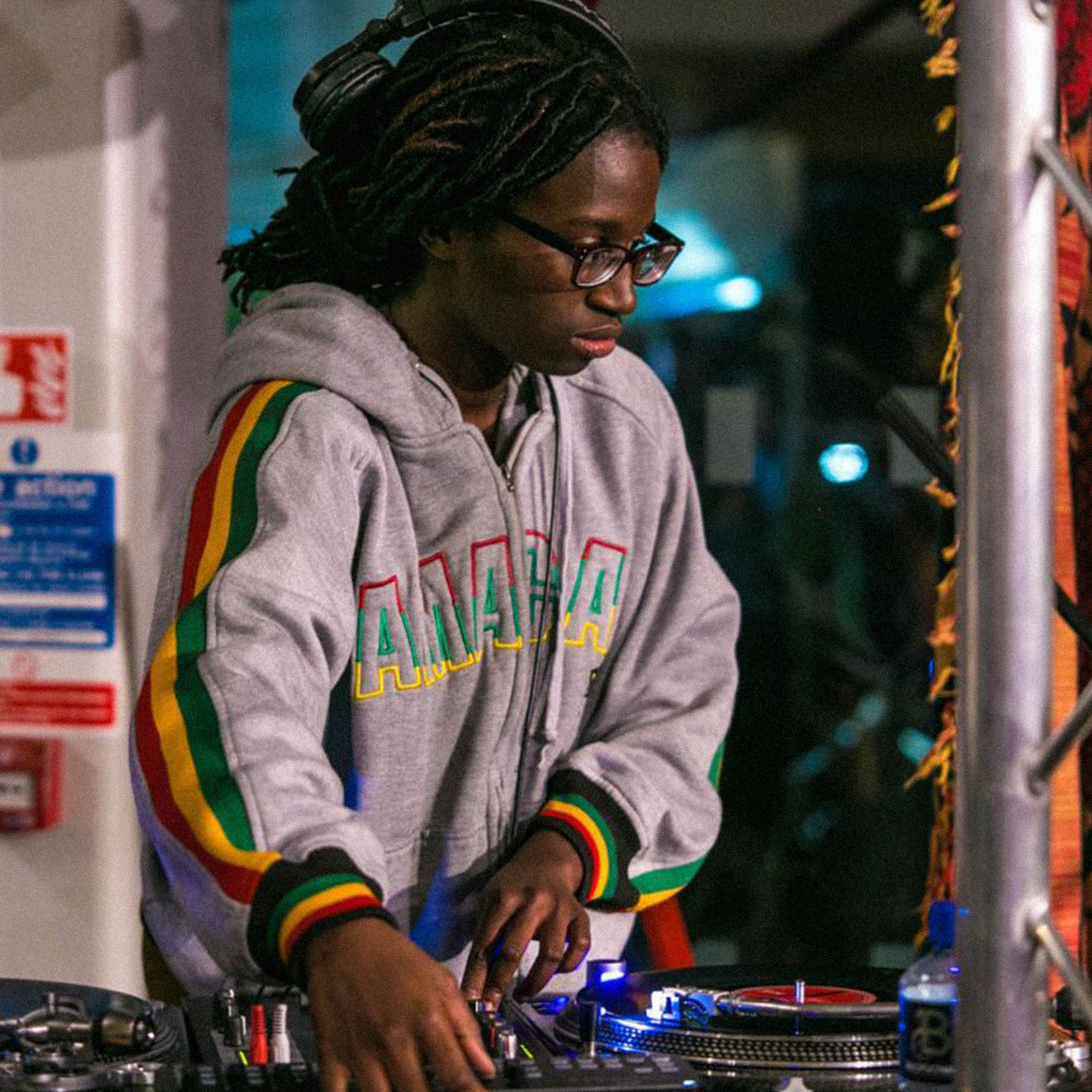
-
BANDCAMP · SPOTIFY · APPLE MUSIC
NikNak, born Nicole Raymond, is a Leeds-based artist, musical creative and sound obsessive, who’s been putting her own spin on turntablism and driving her corner of the music industry forward with positive change. She is a tireless digger of records old and new, which she presents on her various radio shows, including the event-turned-radio show, Melanin, on Worldwide FM. NikNak has won an Oram Award and wide-ranging plaudits for her debut album, Bashi, which came out in November 2020. The release is breathtakingly unique, taking hip-hop DJ techniques, as well as a library of field recordings, then applying a heavy dose of reverb and delay, transforming the sounds into an abstract and cinematic electronic story. The result is a stunning album representing just one aspect of an artist whose mission is to educate as much as to entertain and inspire.
Richard Akingbehin
-
-
-
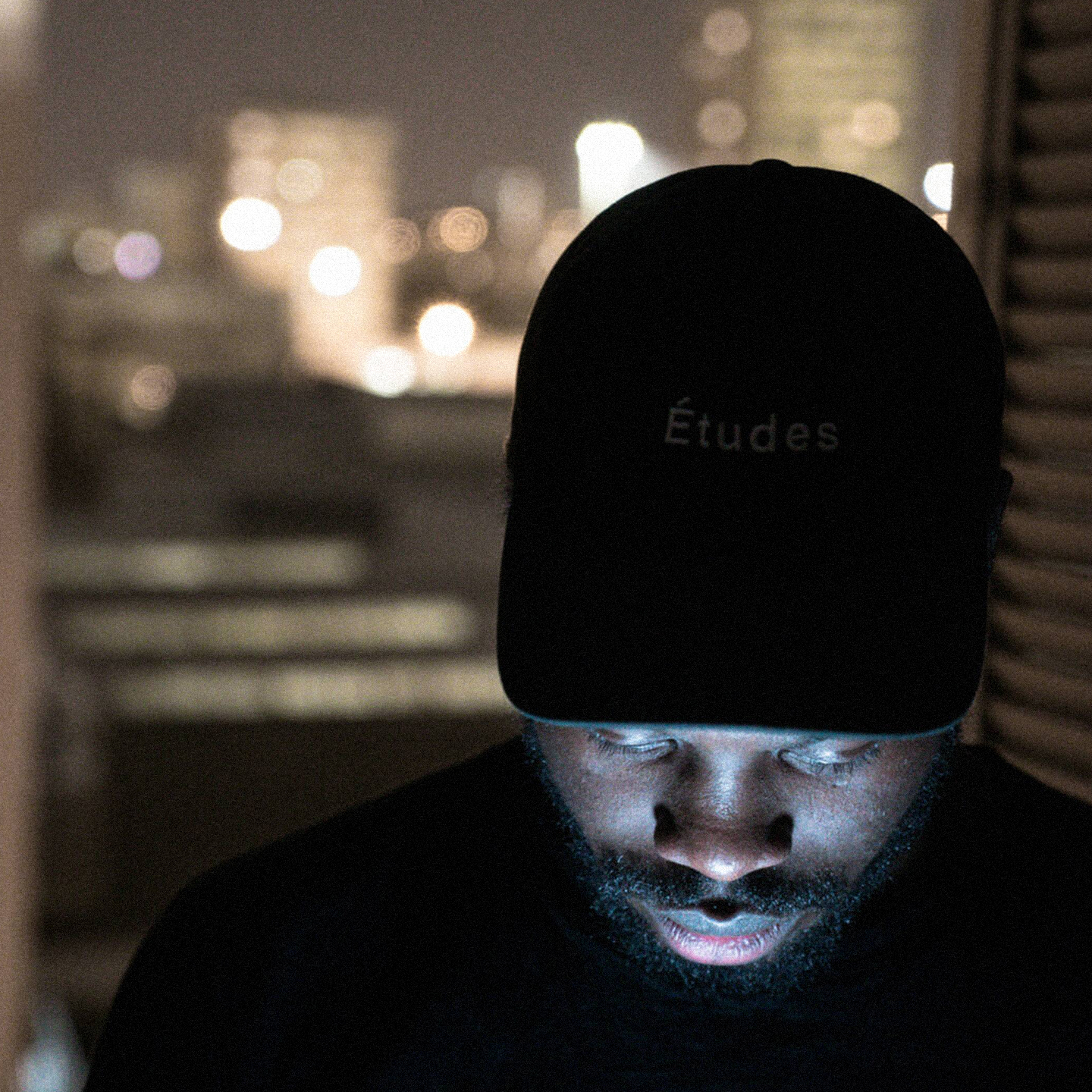
-
BANDCAMP · SPOTIFY · APPLE MUSIC
Désiré Niamké (AKA Aho Ssan) is creating a remarkably complete and advanced sonic world for an artist who is only one full release into his career. He released his first album—an excellent body of scorched ambient called Simulacrum—through James Ginzburg’s Subtext label in February 2020, accompanied by two self-directed videos and a live performance at Berlin’s Atonal festival the year before. The record features The Mensah Imaginary Band, a fictional jazz ensemble he created with Max/MSP. Niamké had tried to put together a jazz band to emulate the music his grandfather, a Ghanaian trumpeter, had played, but when he couldn’t find the right musicians, he reimagined the music himself, resulting in a distant but genius abstraction of highlife and afrobeat. Simulacrum is a deeply moving listen, switching lanes from beatless soundscapes to overblown metallic crunches with ease. Since its release, the Parisian artist has continued to keep stellar company, contributing to Atonal’s More Light compilation and Unsound’s Nicolas Jaar-curated virtual improvisation, Weavings.
Richard Akingbehin
-
-
-
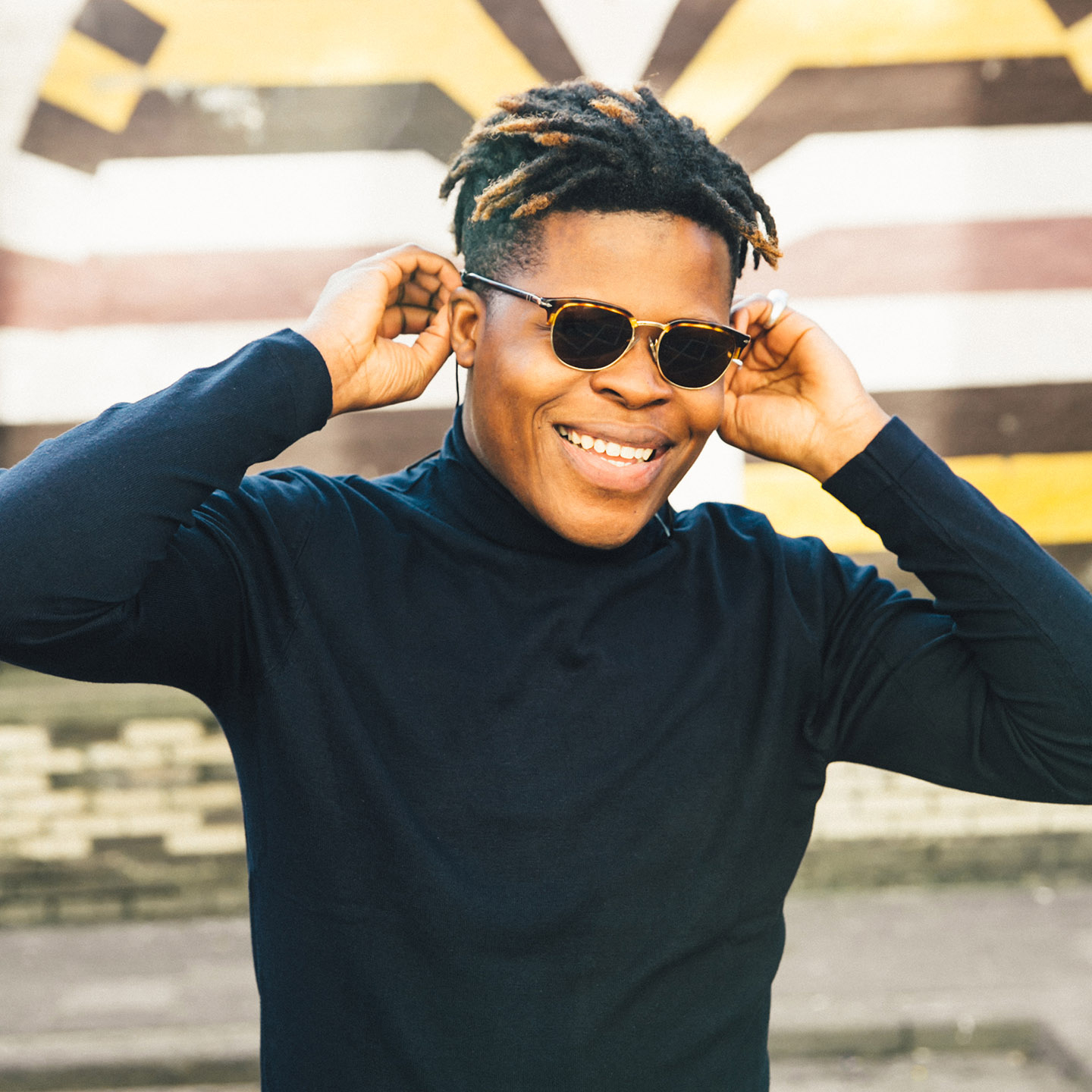
-
BANDCAMP · SPOTIFY · APPLE MUSIC
Philou Louzolo champions dance music as a discipline rooted in Afro culture. He has been DJing since 2005, playing everything from R&B and dancehall to hip-hop and Afrohouse in his hometown of Rotterdam. Louzolo takes cues from his Congolese and Nigerian roots, as well as fellow Afrofuturist space travellers like Jeff Mills and Drexciya, to create an electrifying brand of polyrhythmic, sci-fi dance music. In 2018, he performed together with the Moroccan taktaka band Groupe Bana at festival Atlas Electronic, showing how deep his relationship with pan-African music runs. His first release, Black Tapes came in 2013, and since then he’s been behind a slew of forward-thinking hybrid productions on labels like Banoffee Pies and Lumberjacks In Hell. He started his own label in 2019, Wokoundou, which has also developed into a platform for him to collaborate with and showcase the work of other artists from the African diaspora.
Richard Akingbehin
-
-
-
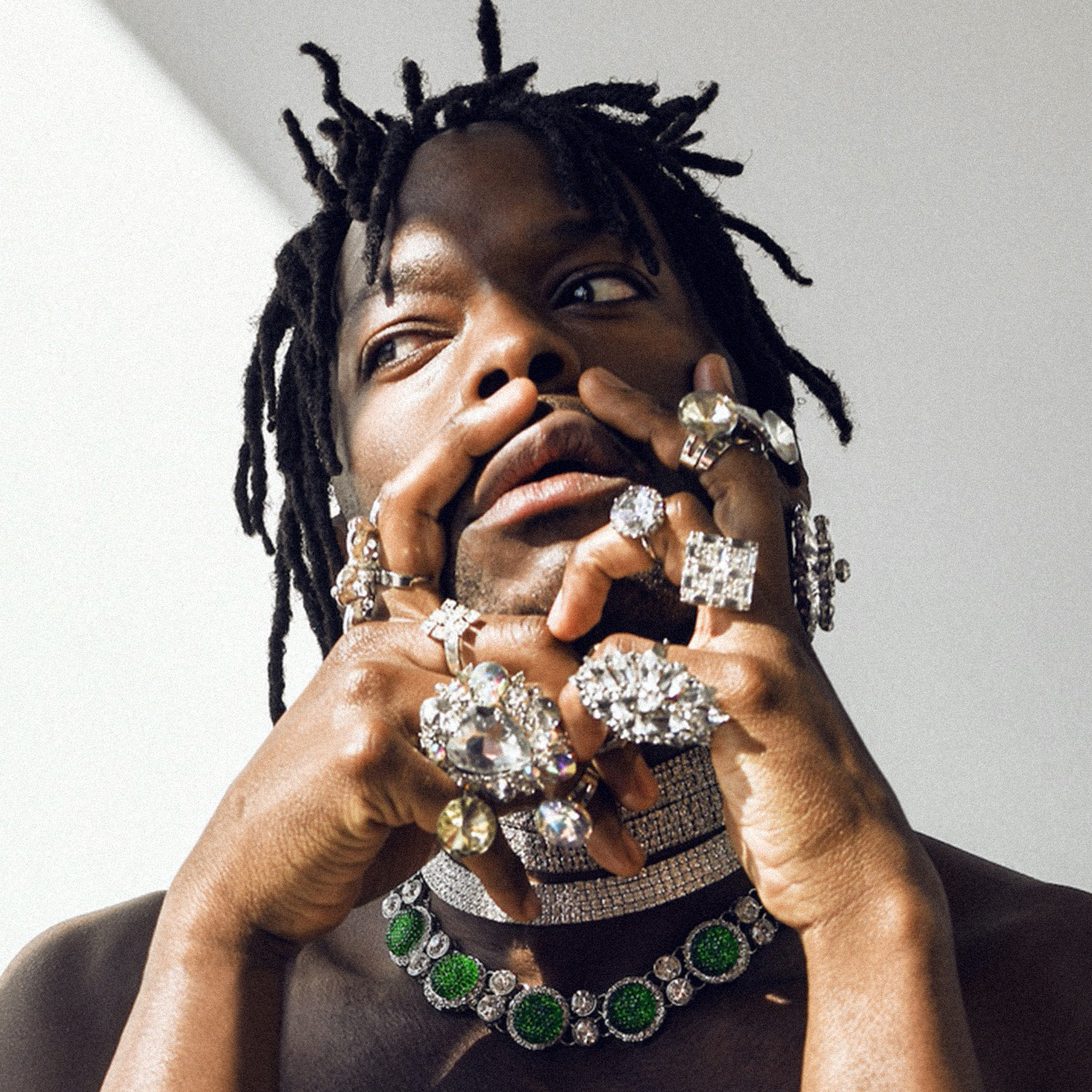
-
BANDCAMP · SPOTIFY · APPLE MUSIC
In 2011, Ojay Morgan worked at a catering company. His Zebra Katz persona was still just a joke between friends. The breakout single “Ima Read,” delivered with a hypnotic snarl over a corrosive beat, changed everything, turning all the right heads in the scene. When Rick Owens decided to use the track for one of his Paris runway shows, Katz heeded the call, quitting his job to pursue music full-time. Wielding a booming voice and noise-driven instrumentals, he toes the line between sultry tunes and high-energy bangers. When Katz taps into the latter, he glides over dark jungly beats with an Azealia Banks-like flair. LESS IS MOOR, his 2020 debut album, is a deeper dive into the unhinged breakcore he’s known for, punctuated with overtly sexual lyrics that can’t be ascribed to any particular sexuality. High drama from his days as a performance artist permeates the sound, creating industrial hip-hop with a rage you can dance to.
Emeka Okonkwo
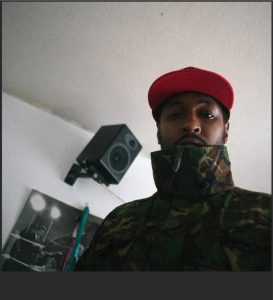
-
-
-
BANDCAMP · SPOTIFY · APPLE MUSIC
From his first-ever radio appearance on On Top FM to a two-and-a-half year spot on Rinse FM, grime producer and DJ Grandmixxer has been at the helm of grime’s resurgence for years now. He’s a familiar face behind the decks, delivering grime in its purest form at the genre’s most prominent clubs, and linking up with the likes of Novelist for world tours. Grandmixxer’s sound pays homage to the forefathers of grime, breathing new life into its foundations and providing a platform for MCs like PK and Mez to flex their chops. He deals in underground grime curated for the dance floor but takes the genre to astronomical levels of experimentation. Despite the unbridled ambition, Grandmixxer won’t be sacrificing grime’s purity for fame. “We’re not searching for acceptance at the high level, you know what I mean. We’re not going to make any compromises to the sound,” he told Nation of Billions in a 2017 profile. His label, South London Space Agency, keeps the heart of the music in the streets by putting on raves, nurturing underground talents, booking lesser-known acts and more.
Emeka Okonkwo
-
-
-
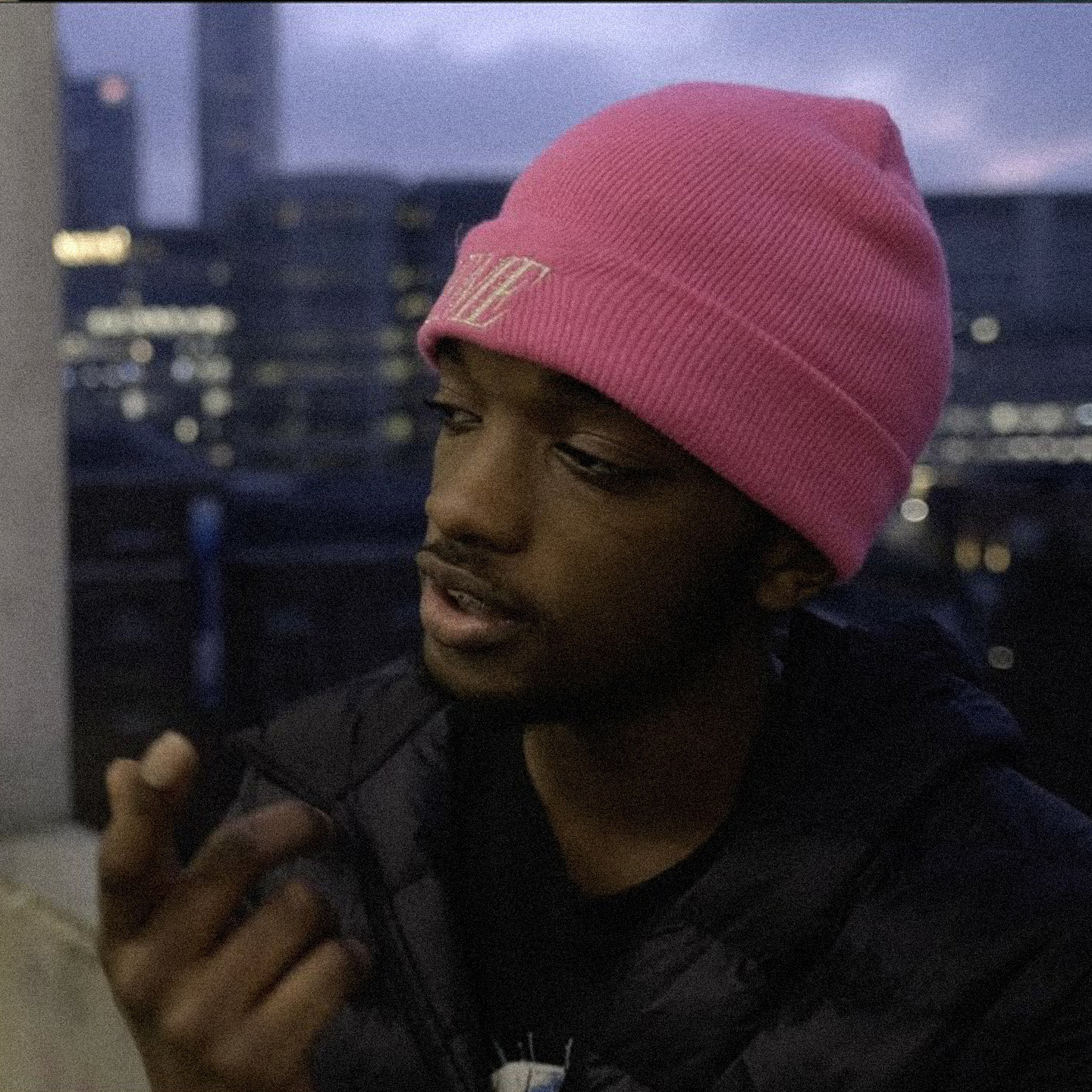
-
BANDCAMP · SPOTIFY · APPLE MUSIC
19-year-old Voldy Moyo is a cult hero for the 20s. The Wakefield local, also known as V7backin2007 or V7, has already attracted praise from Earl Sweatshirt, Black Kray and Lancey Foux for his abstract, often short and highly conceptual masterpieces. His sound and presentation are as distinct and inimitable as each of his wide-ranging musical influences, which include Chief Keef, Fela Kuti, Nina Simone, J Dilla, Ryuichi Sakamoto and Aphex Twin.
Voldy Moyo’s latest release, Liberty City, is brimming with eclectic production and cryptic messages. The journey from track to track feels explorational, as if you’re free-roaming the streets alongside Moyo in GTA’s Liberty City Stories. The release is just the latest instalment in the young artist’s catalogue, including six mixtapes and over 100 YouTube videos.
Ebeneezer Boakye-O’Houlihan
-